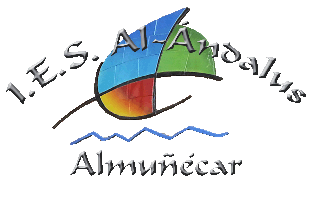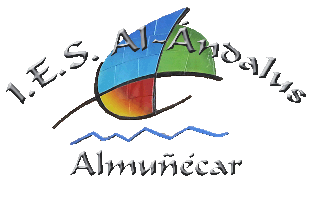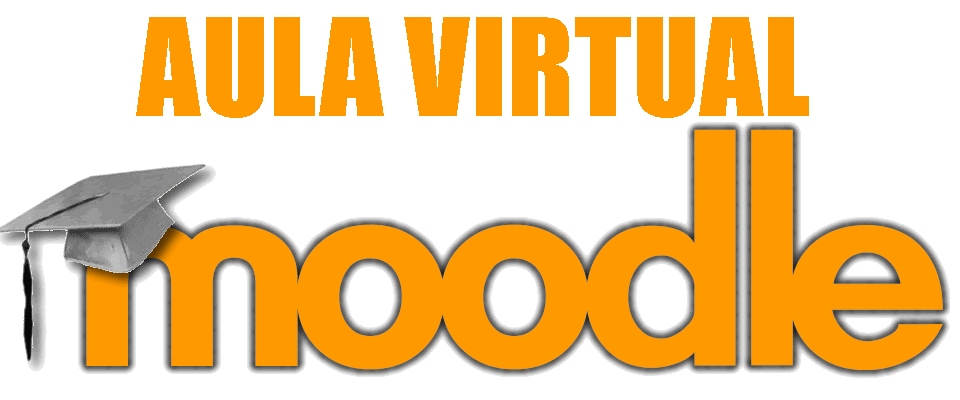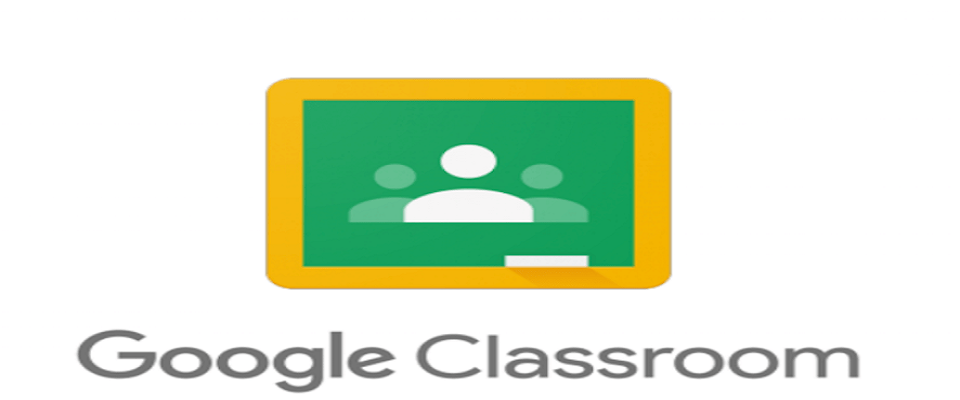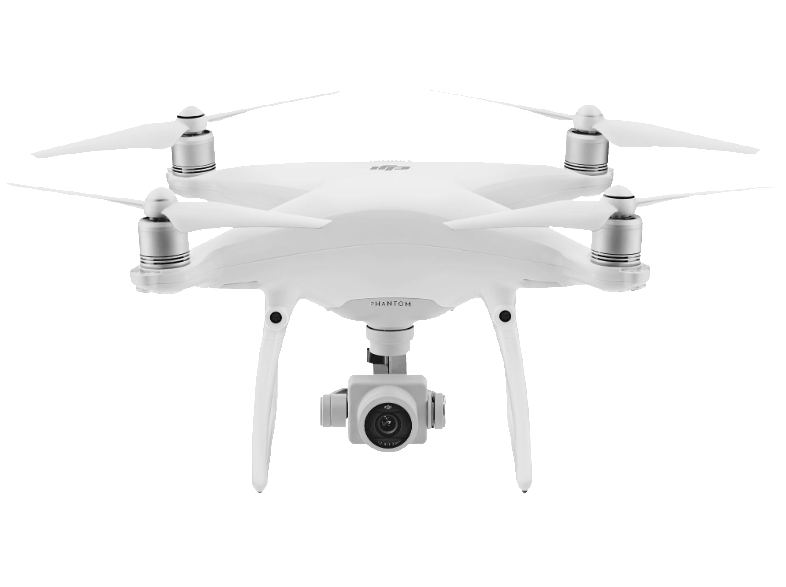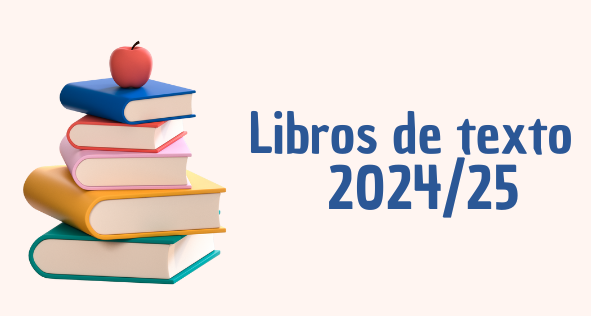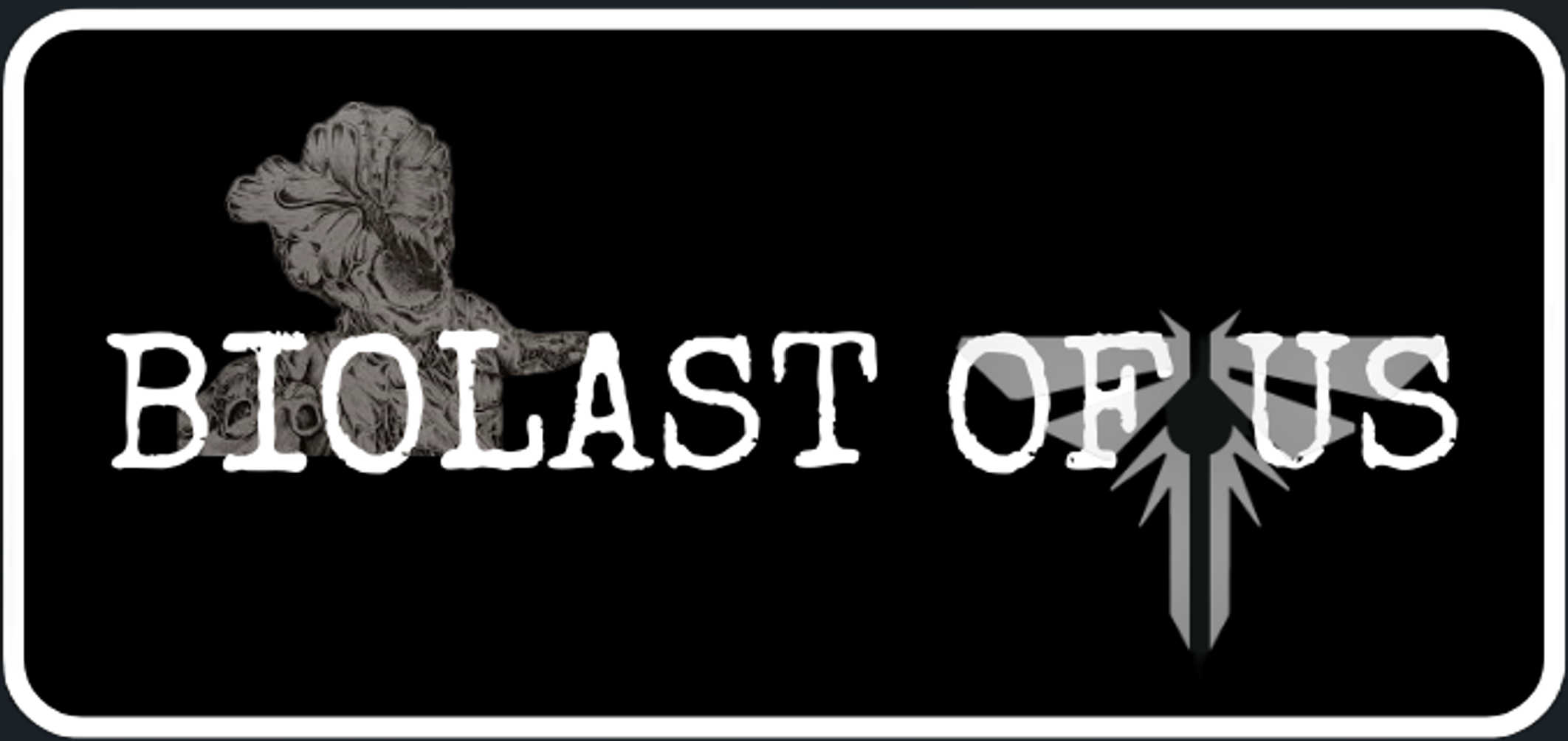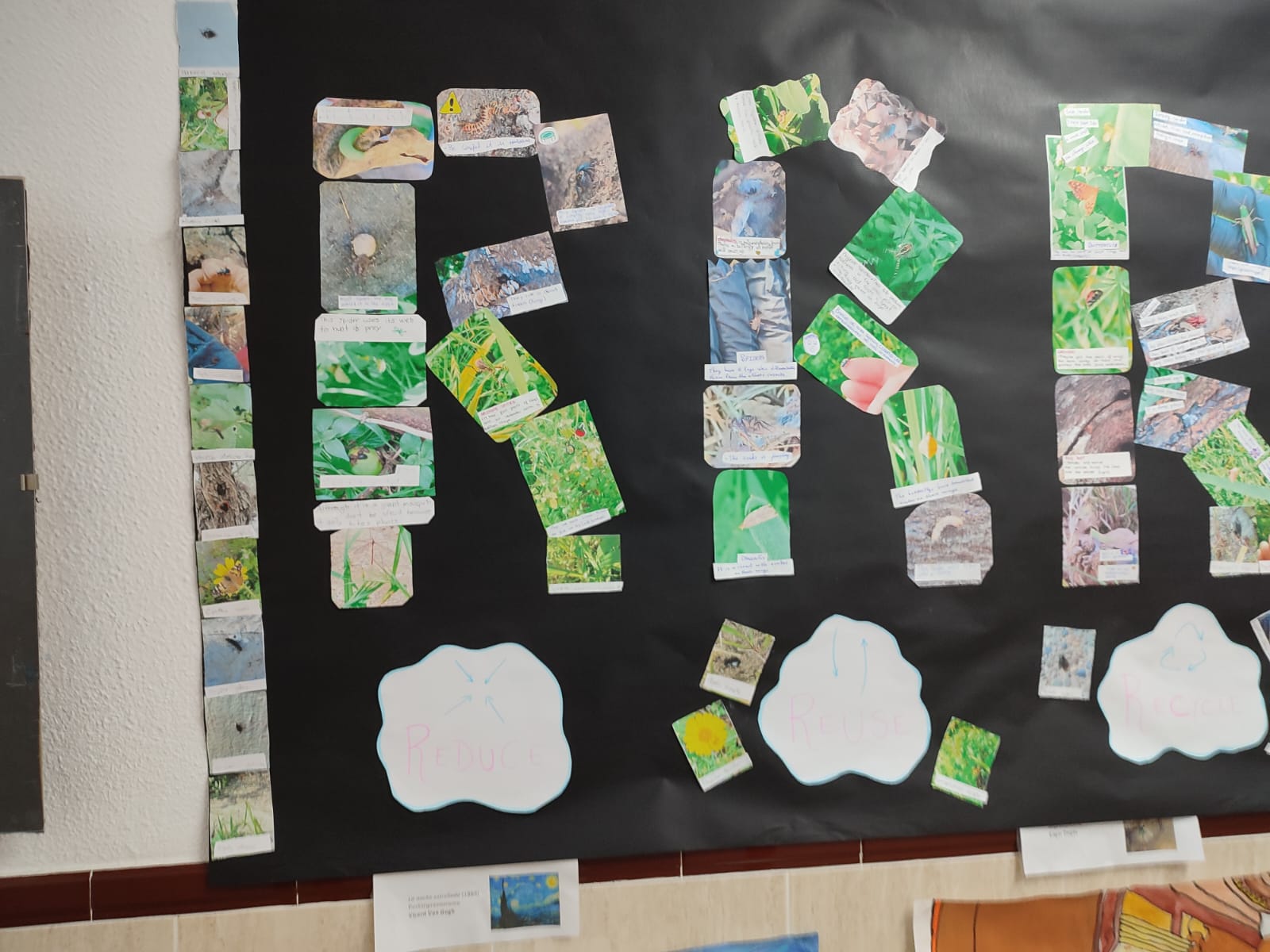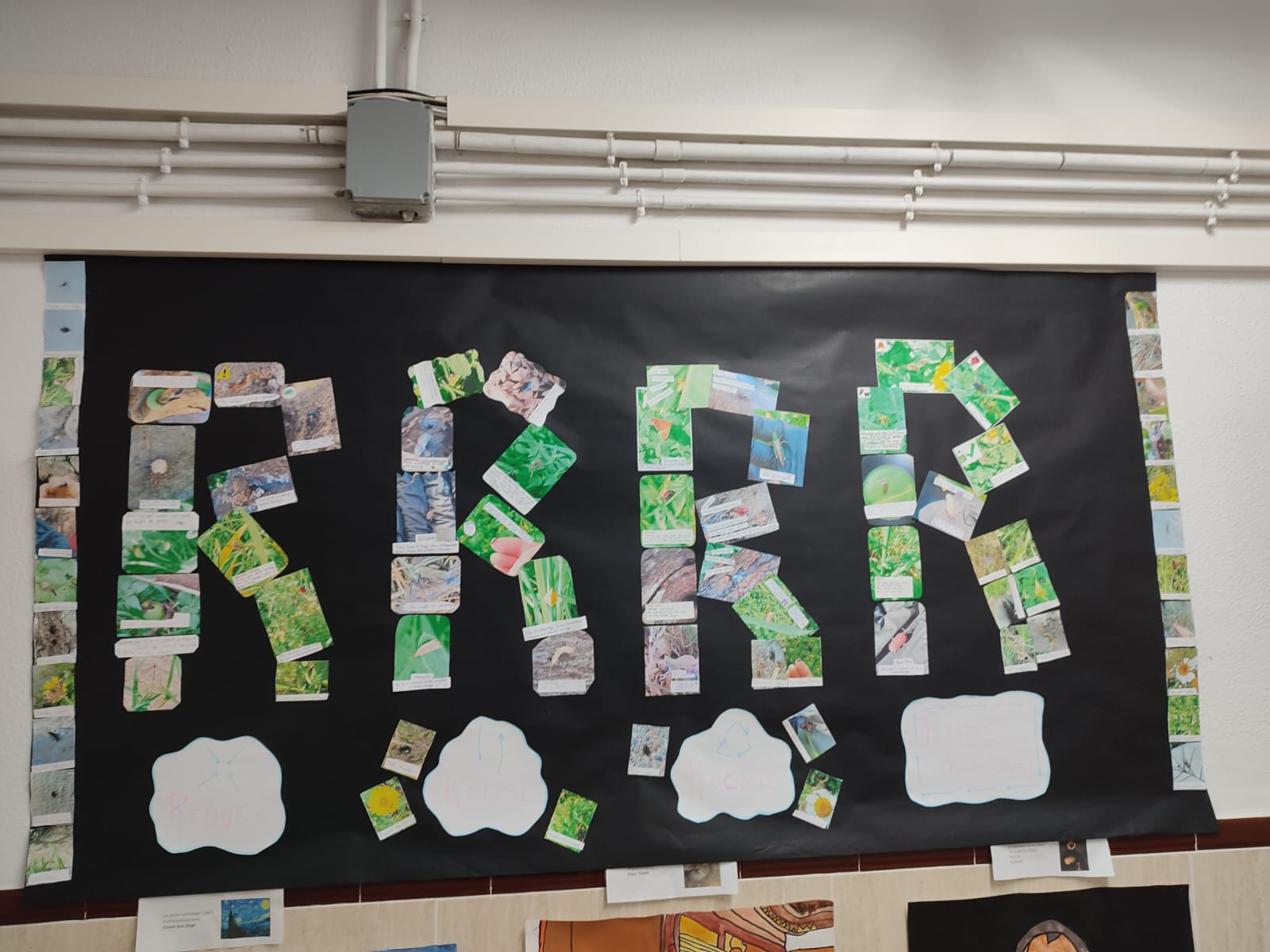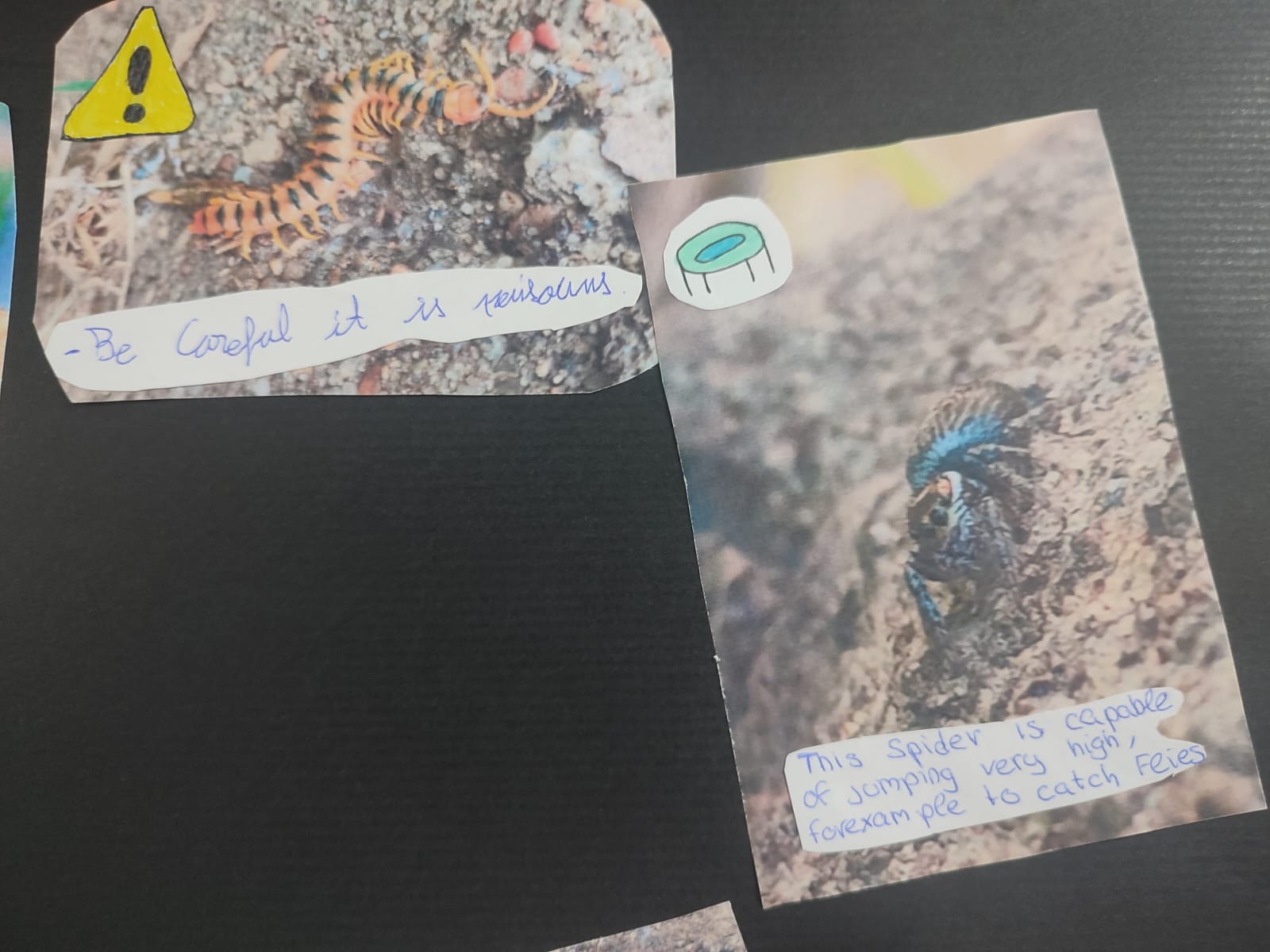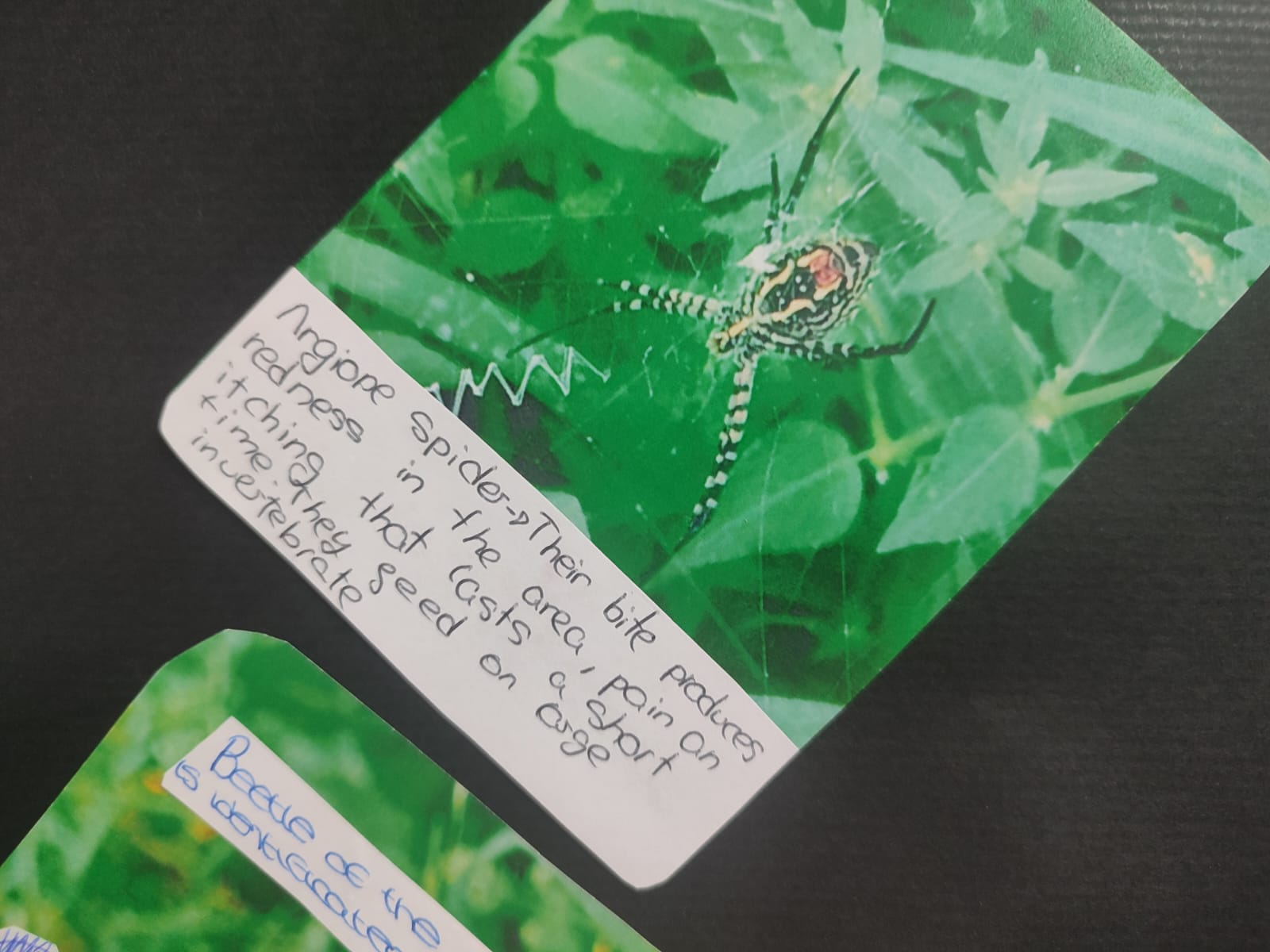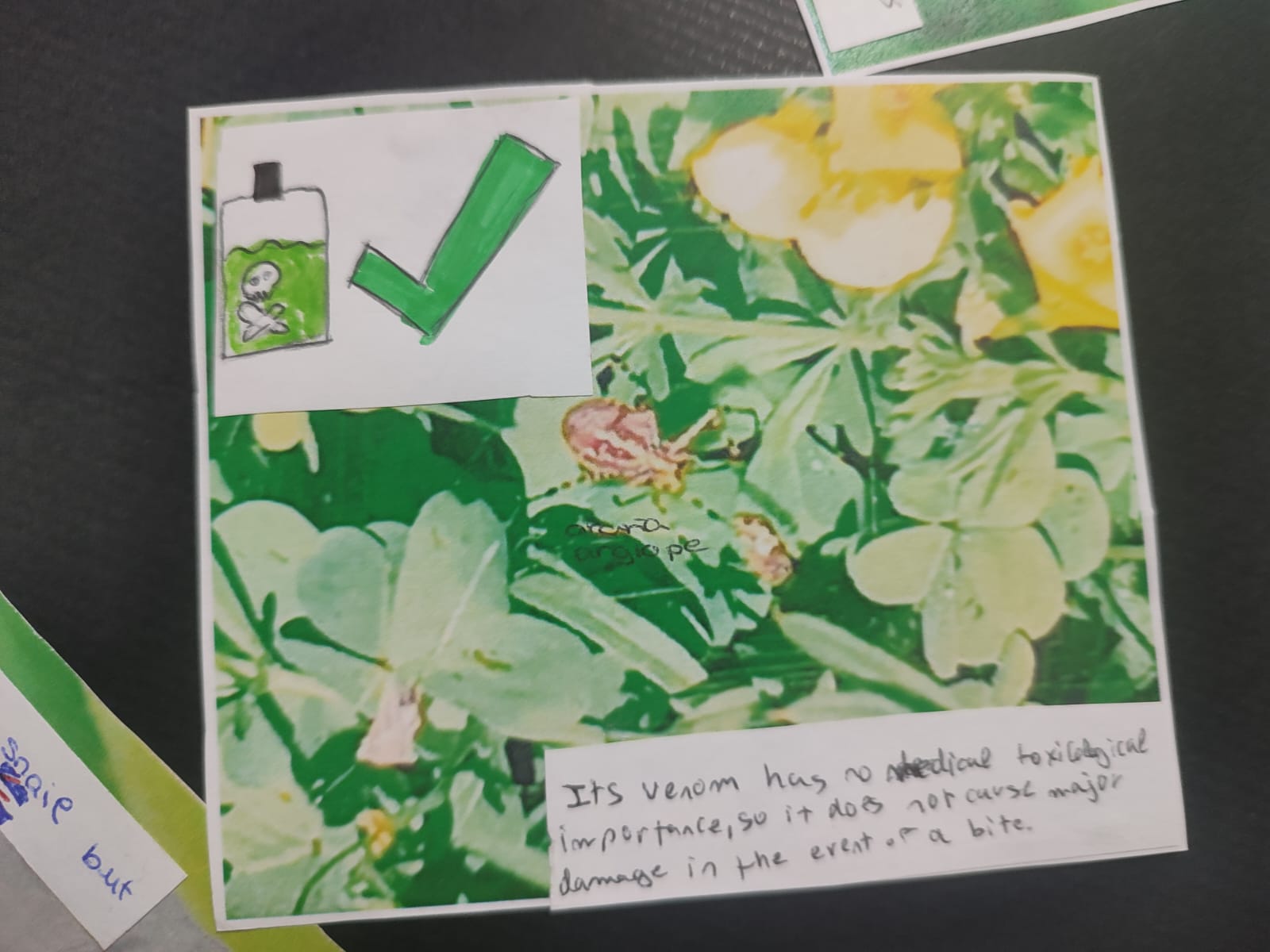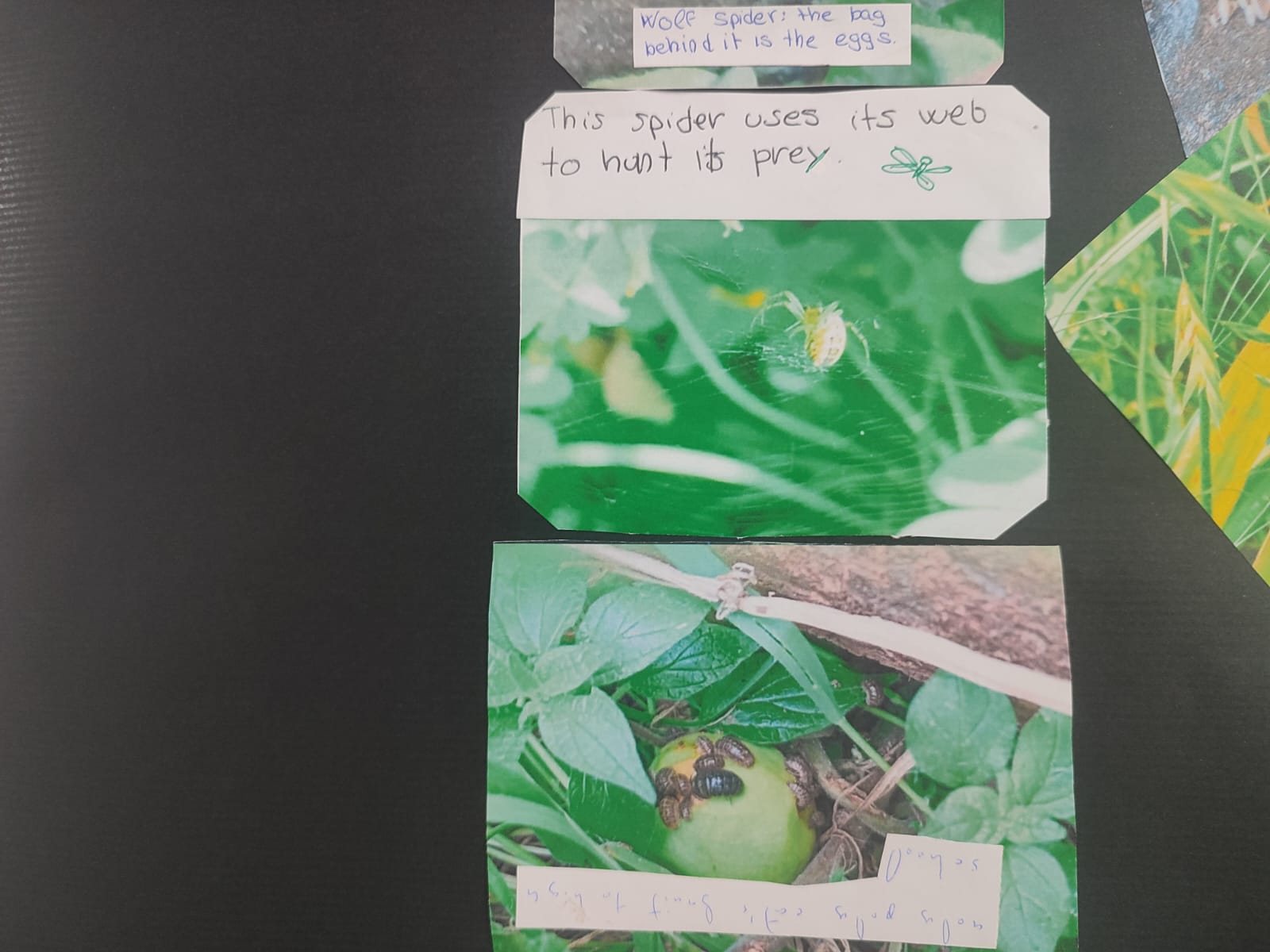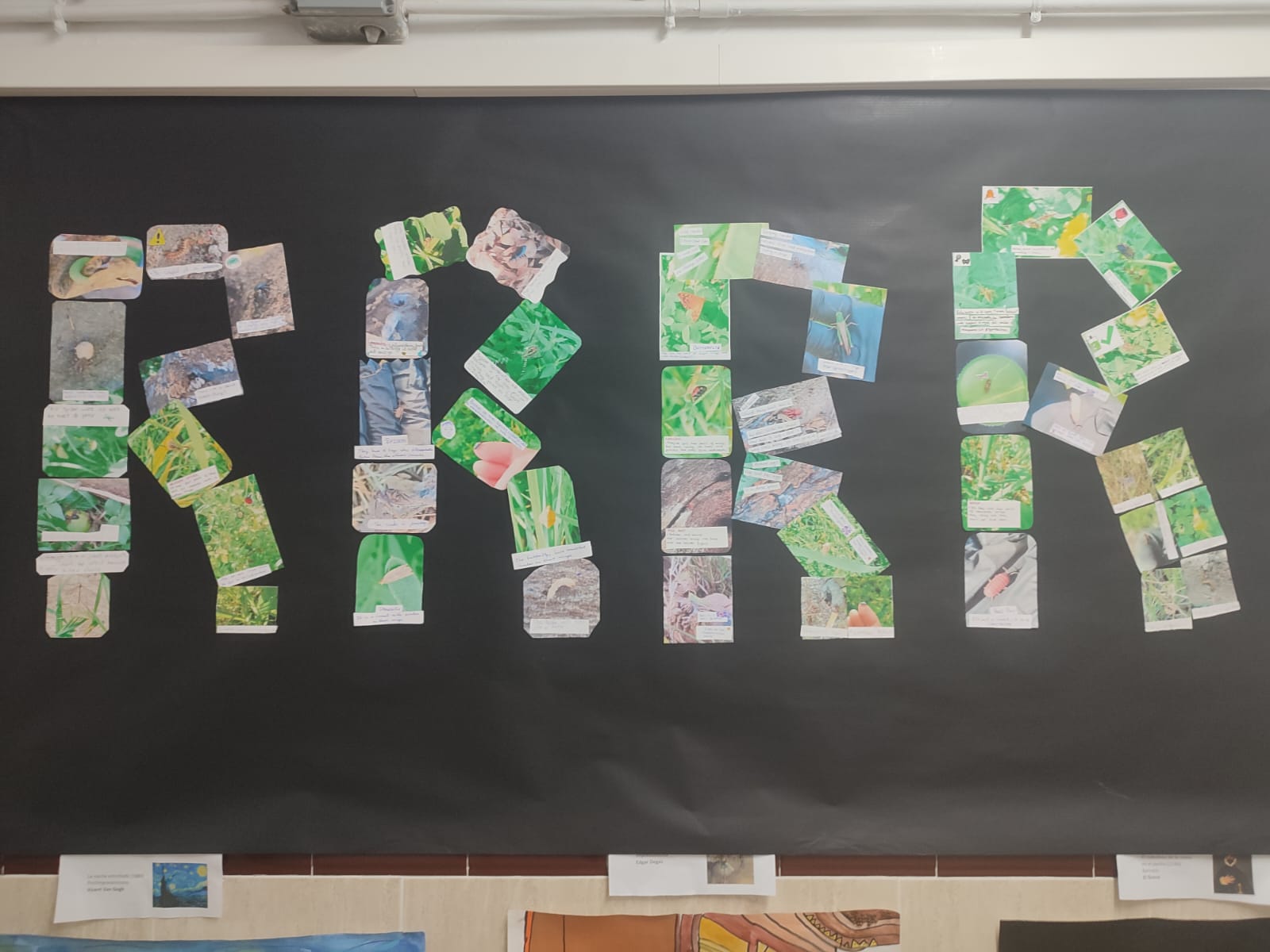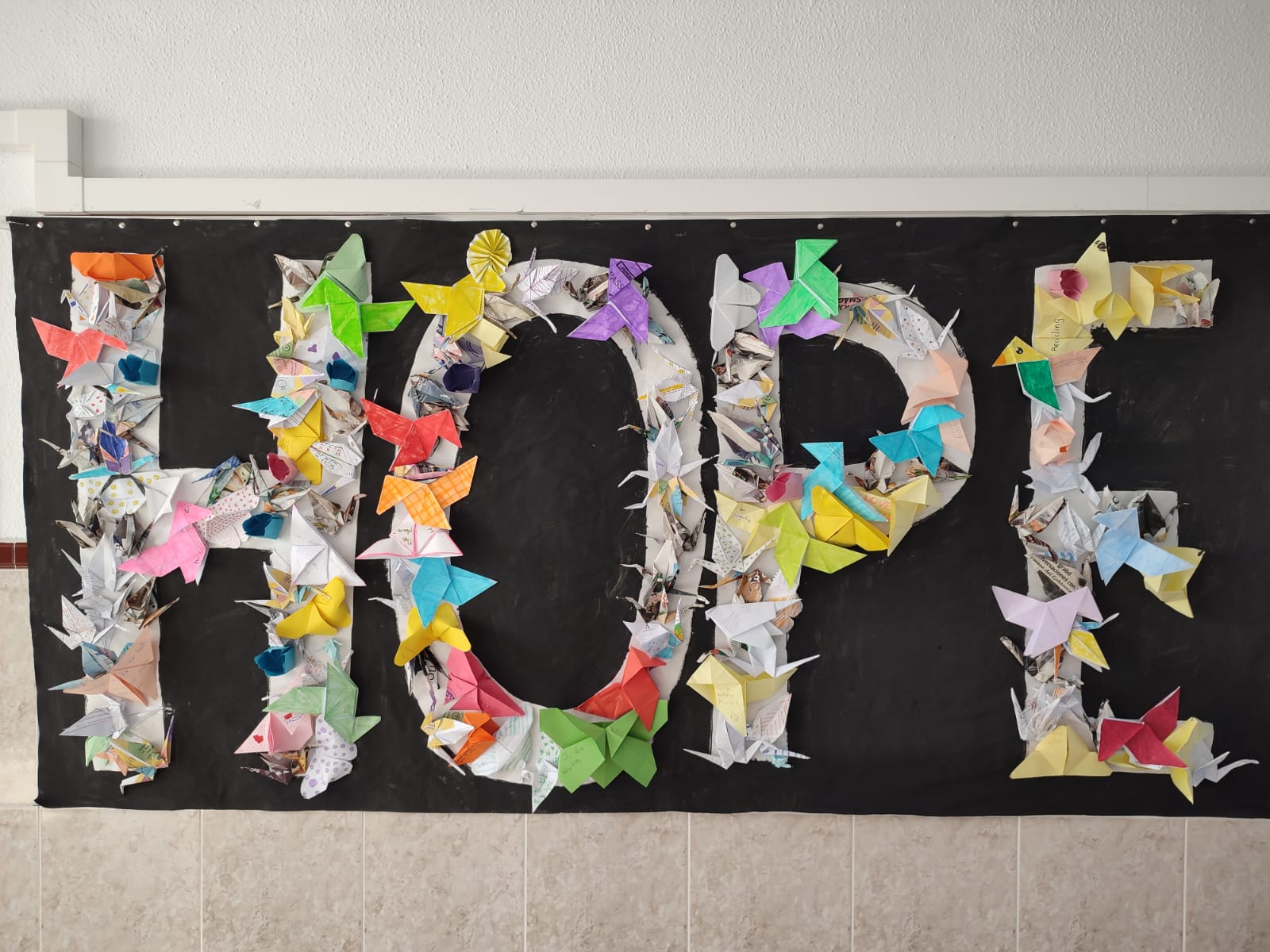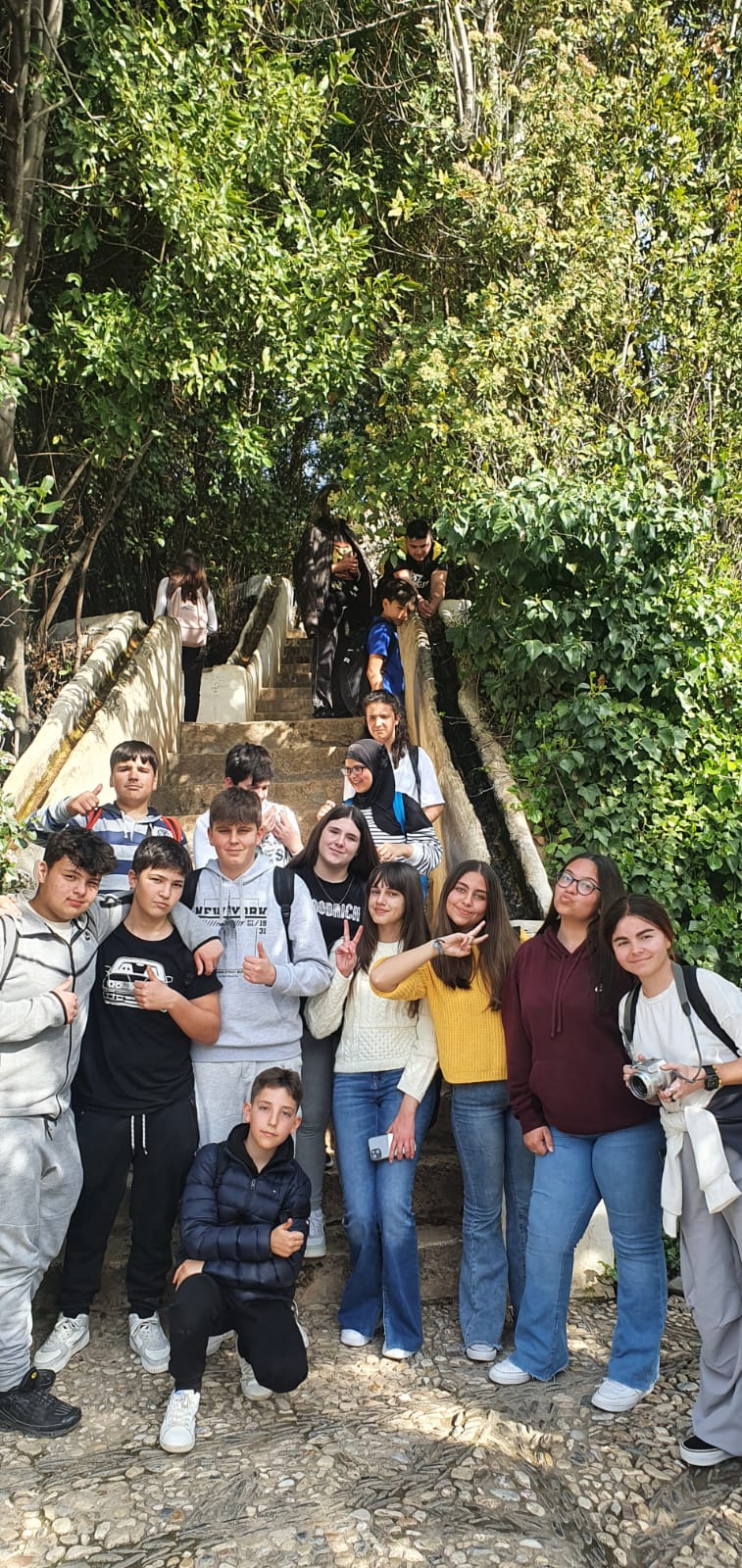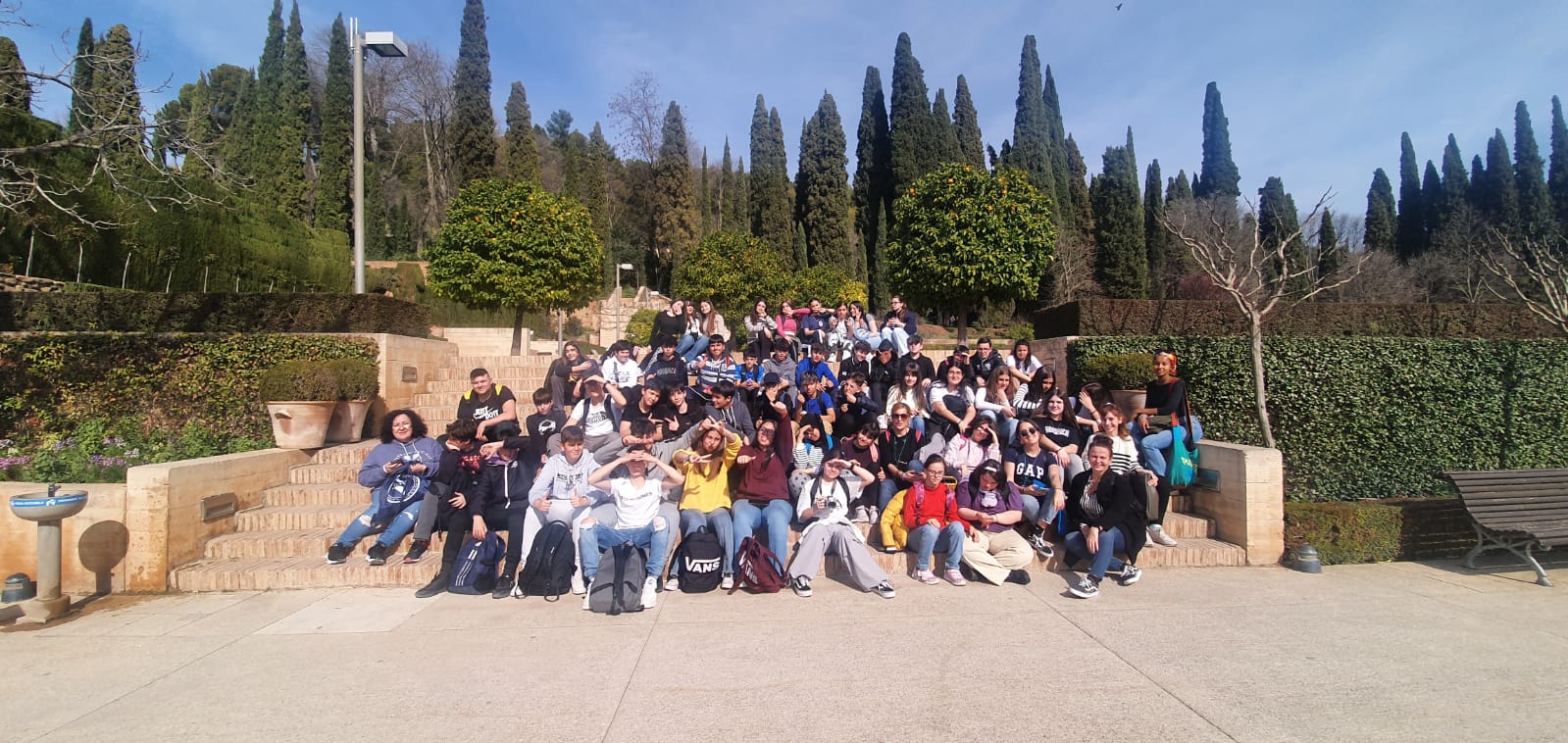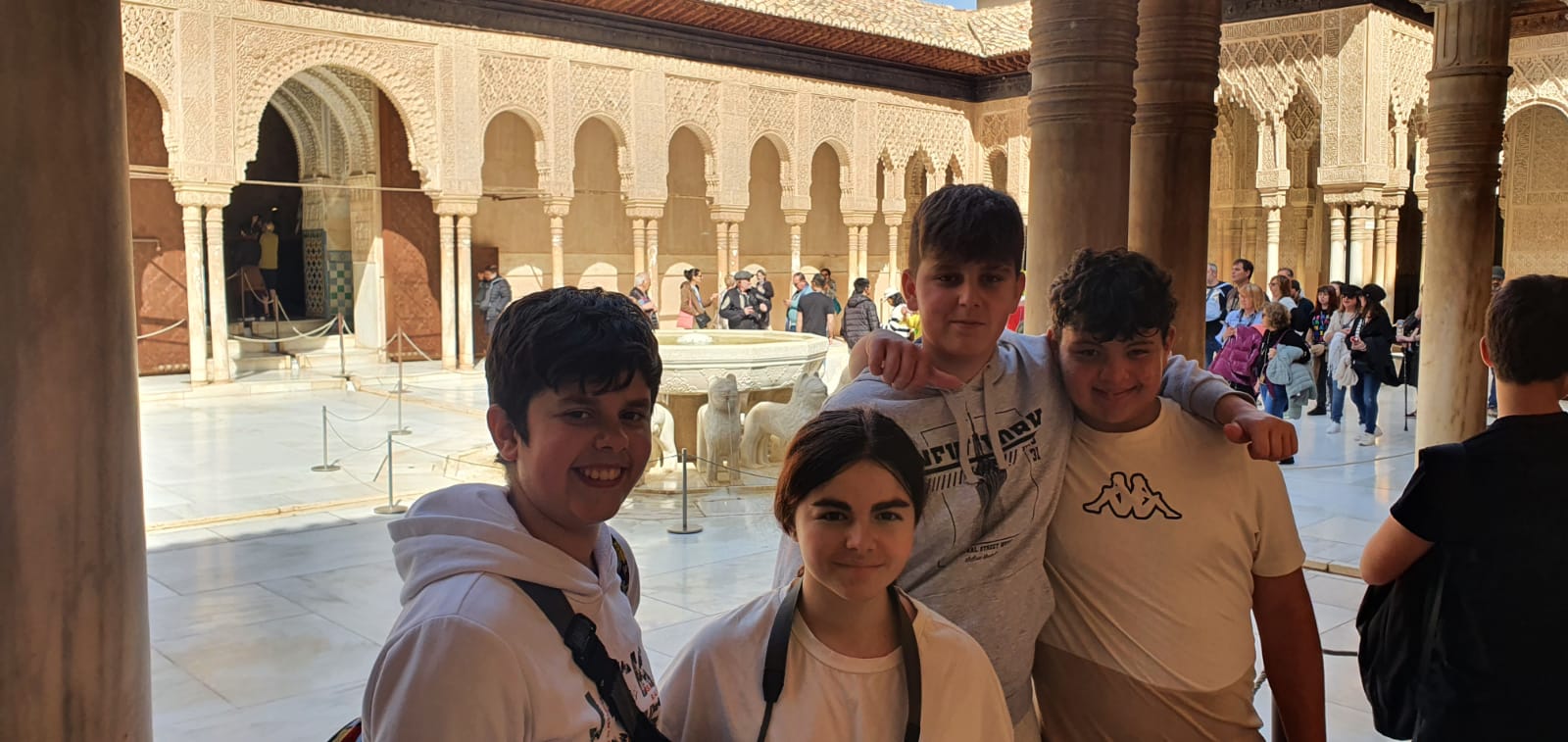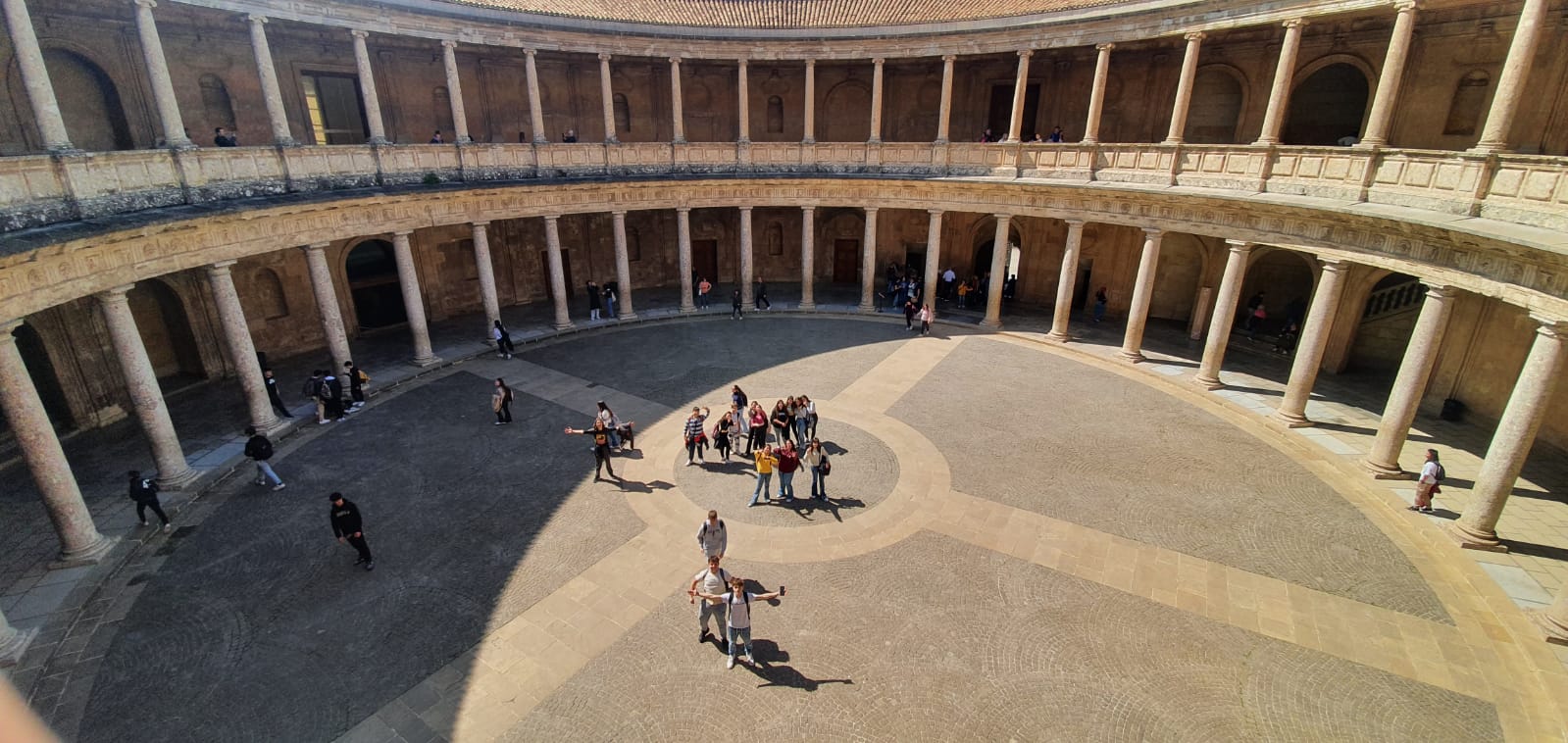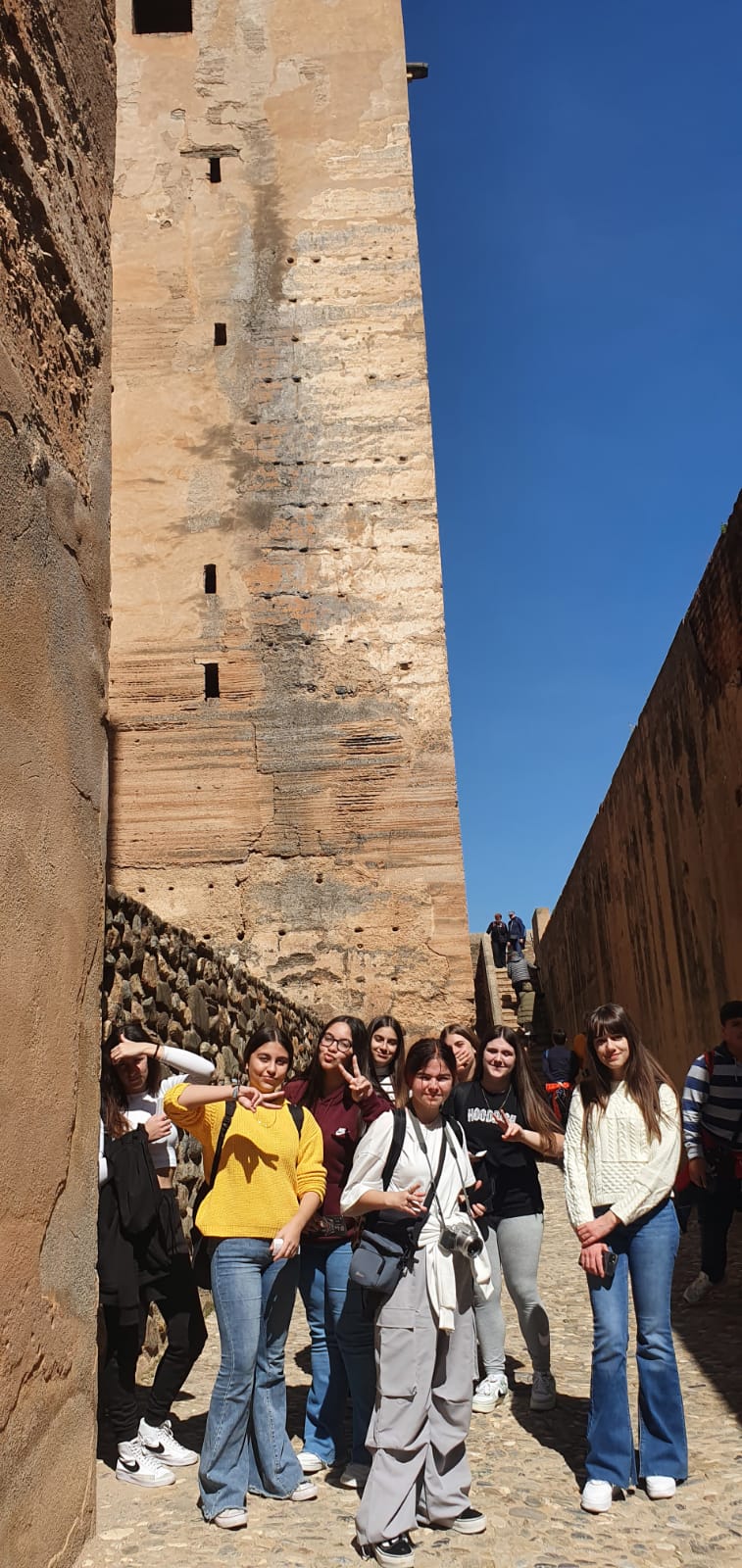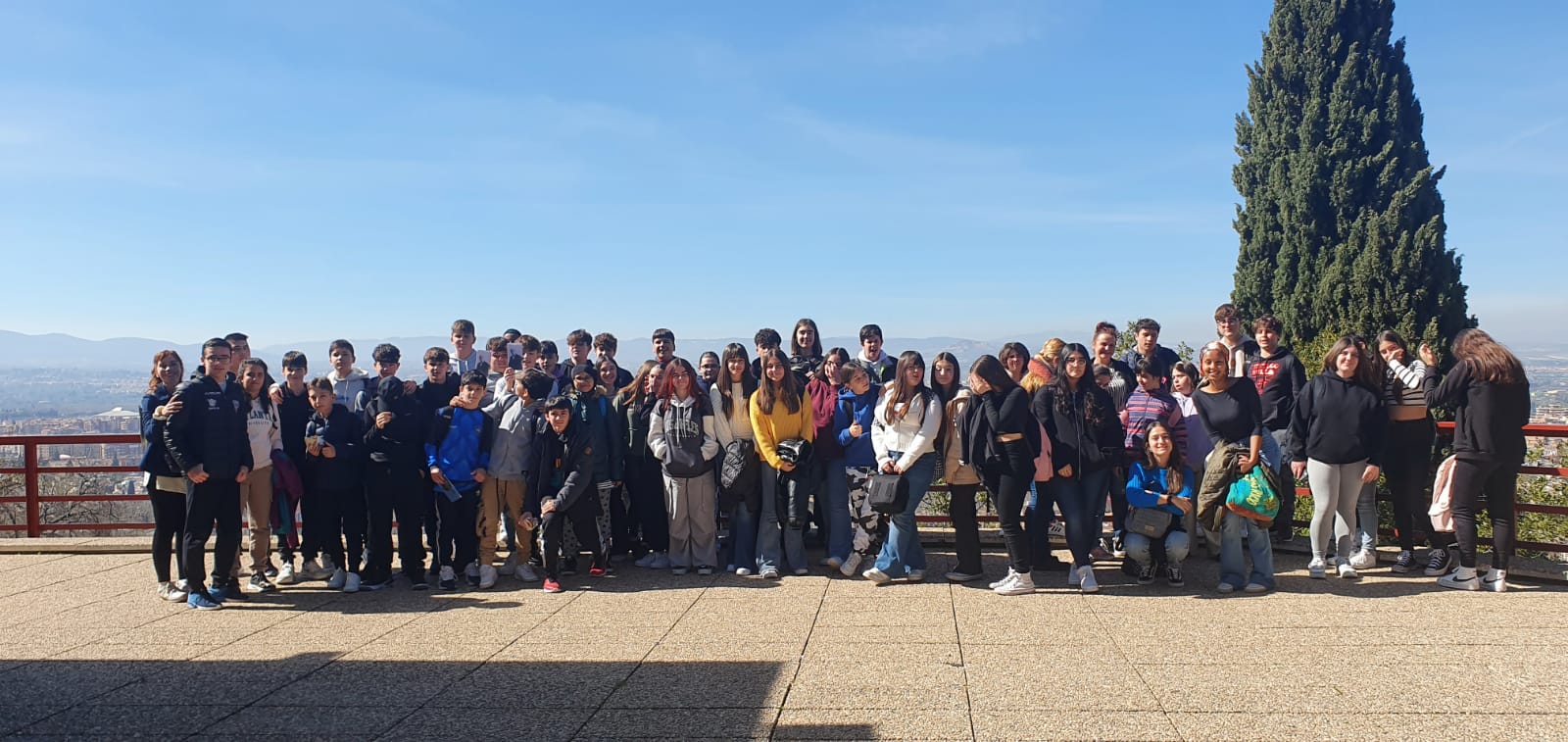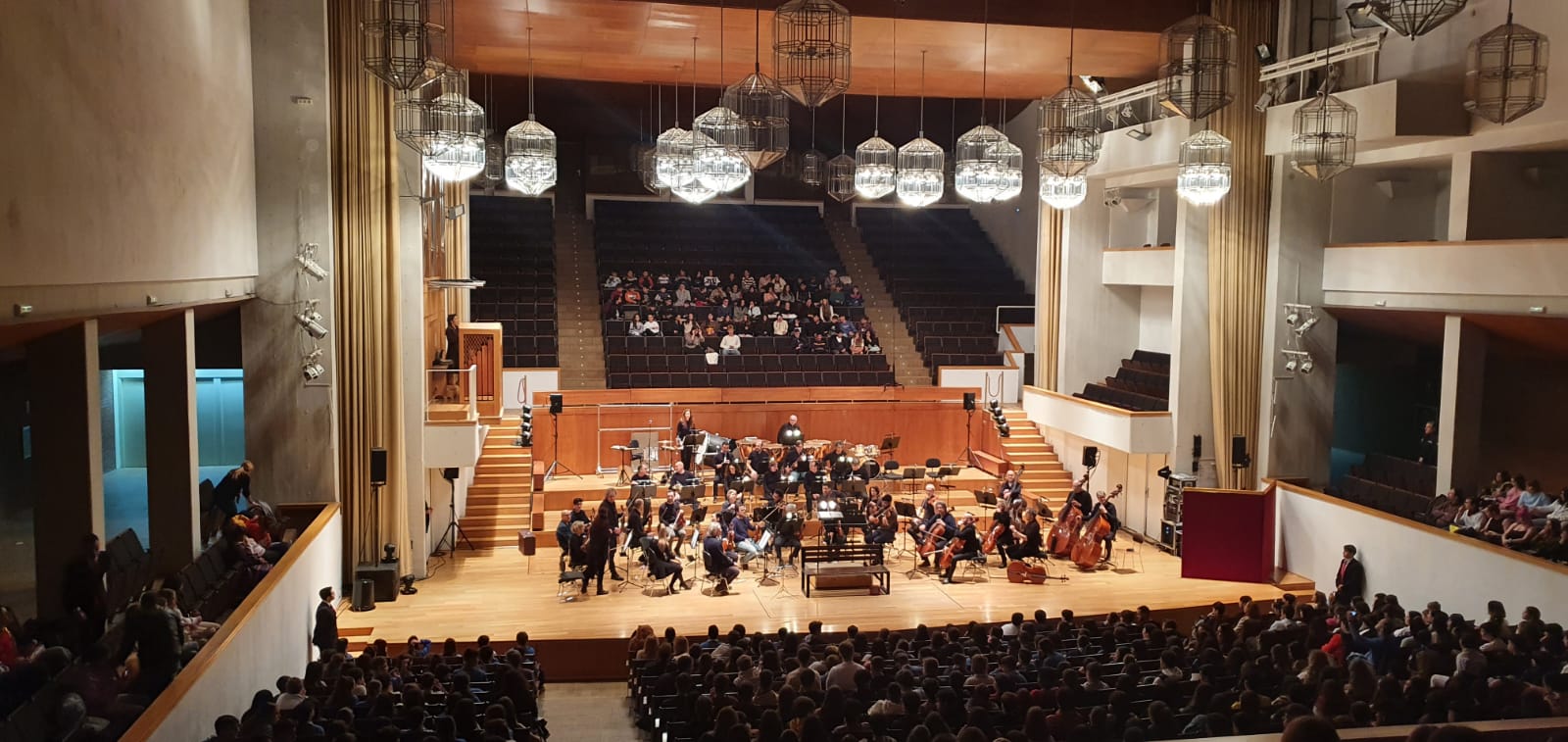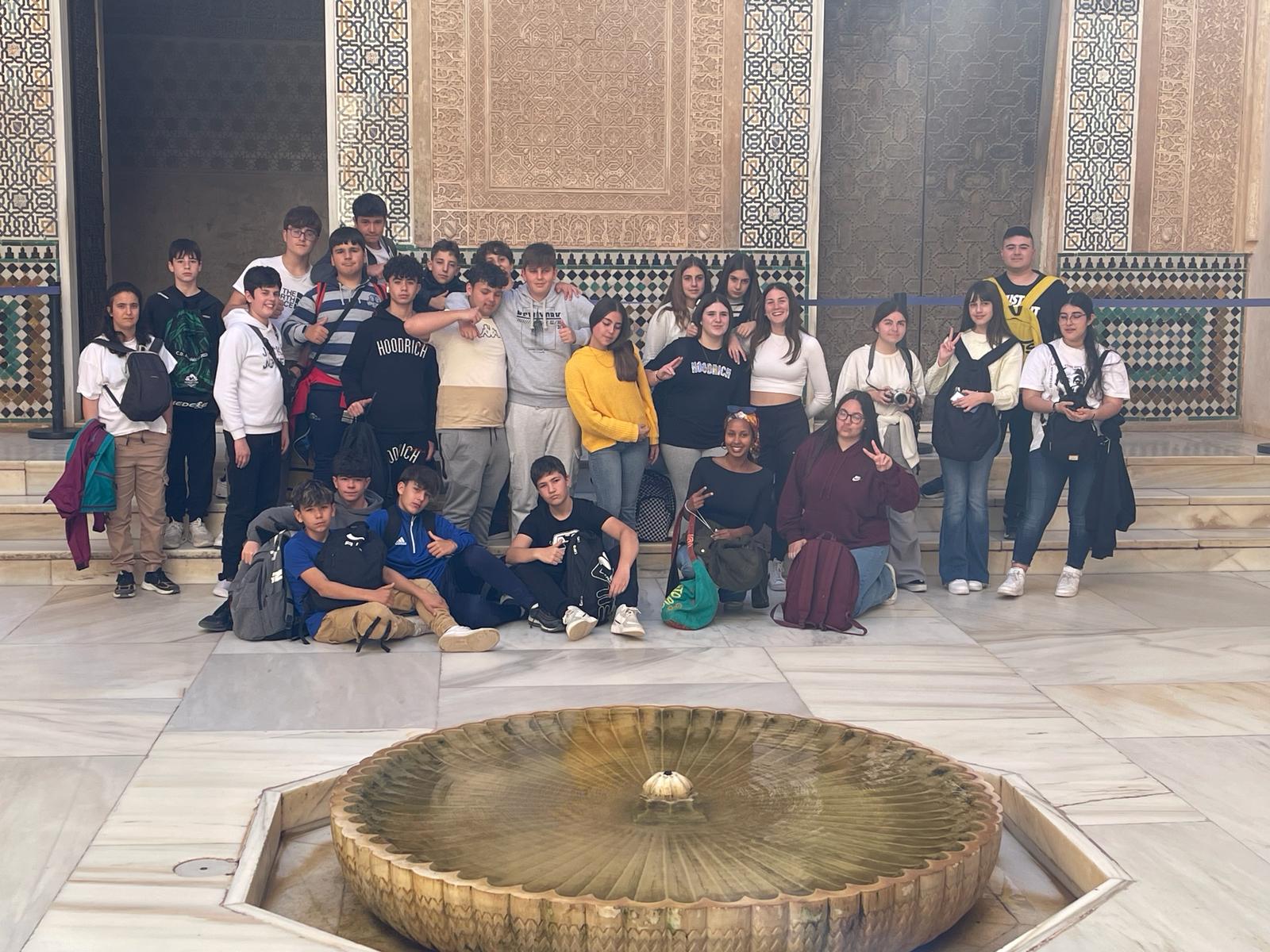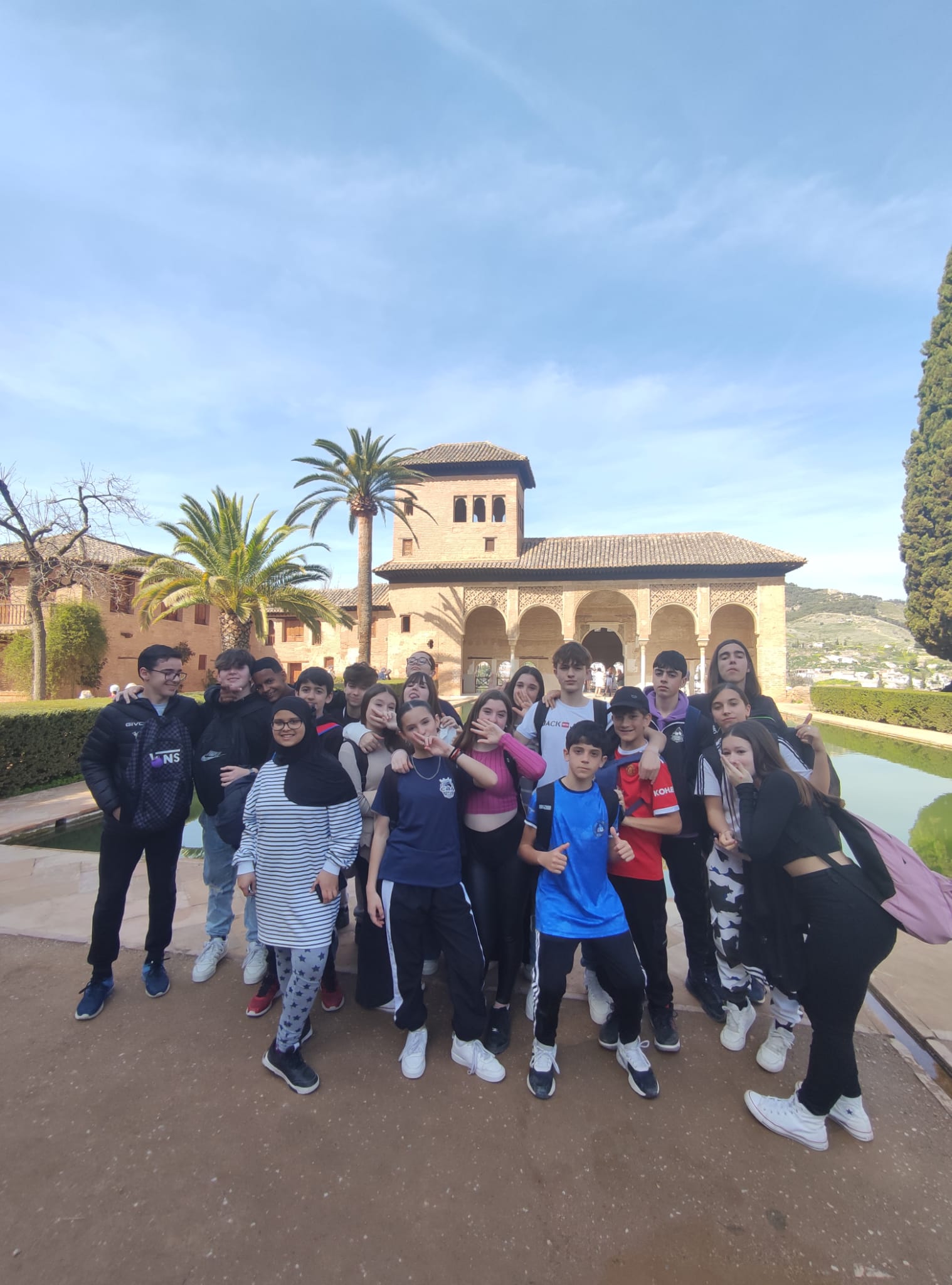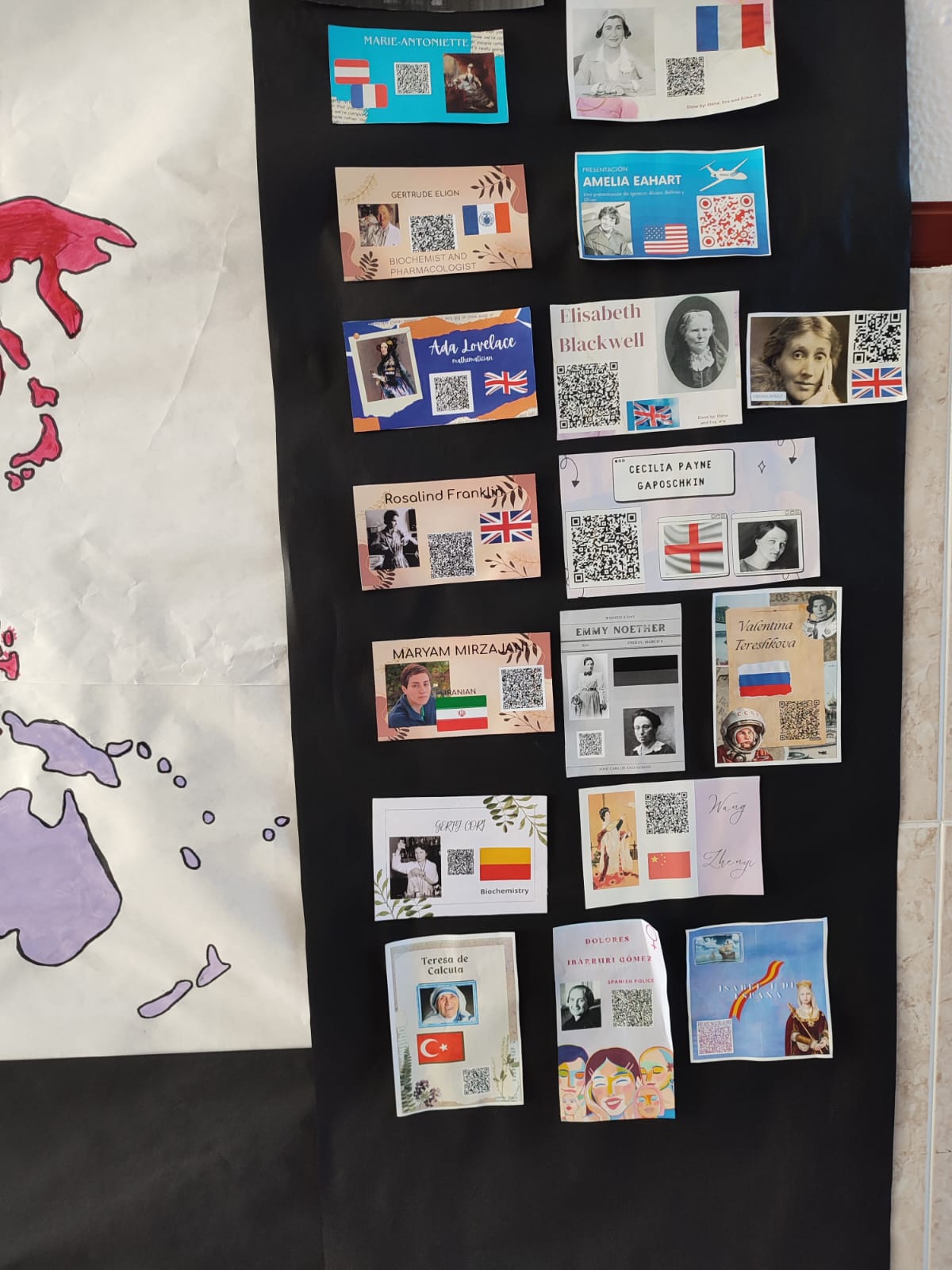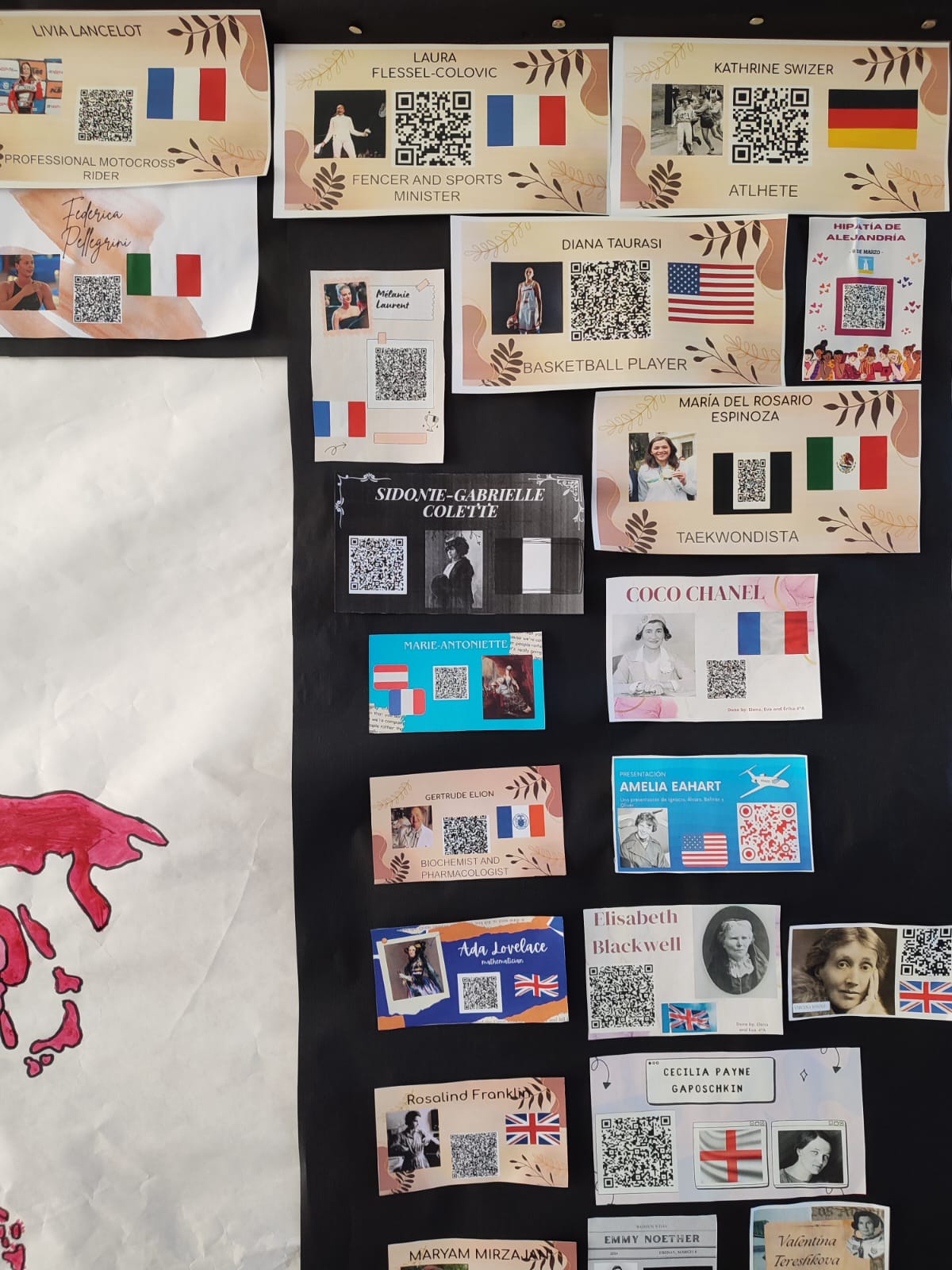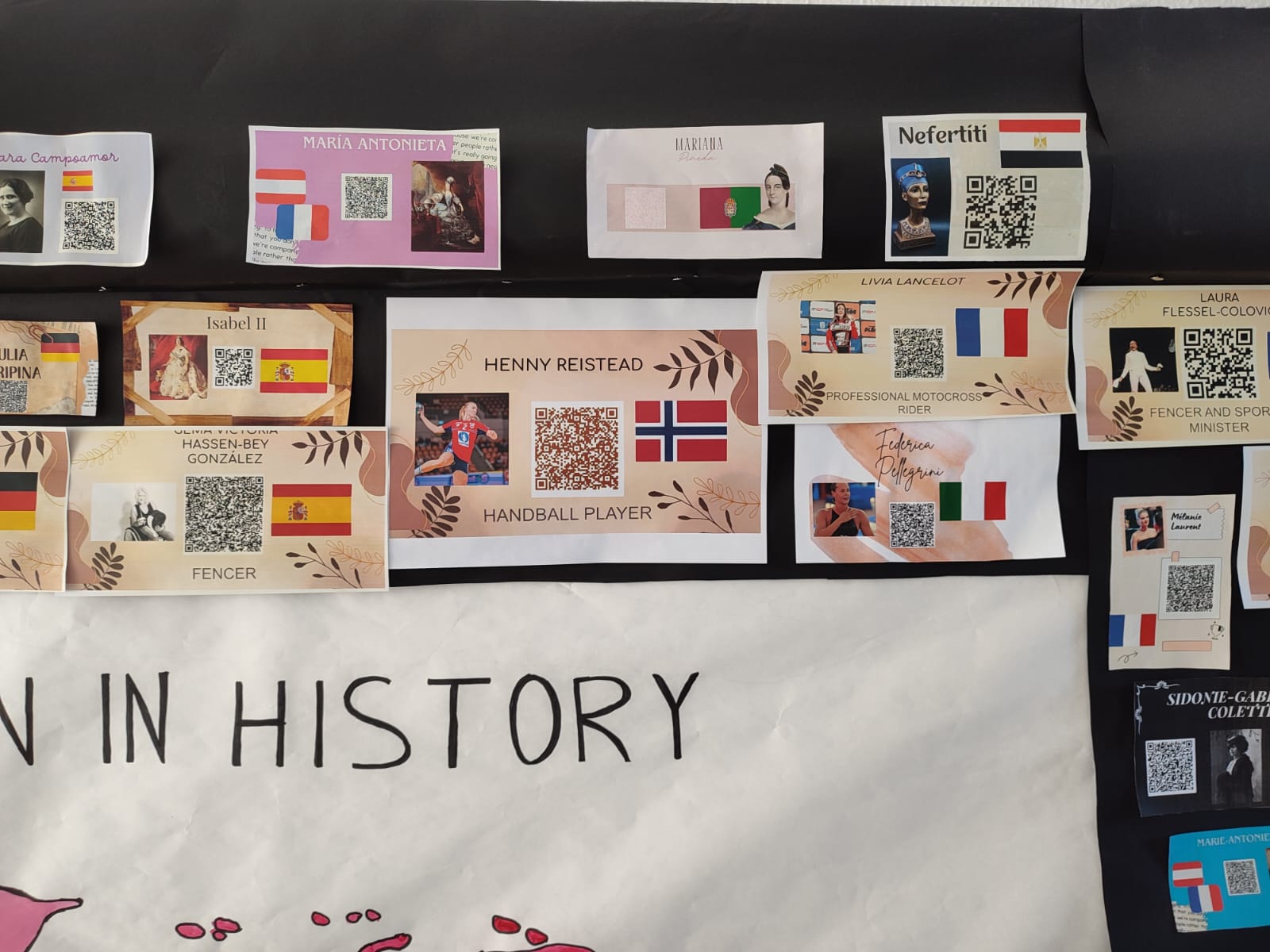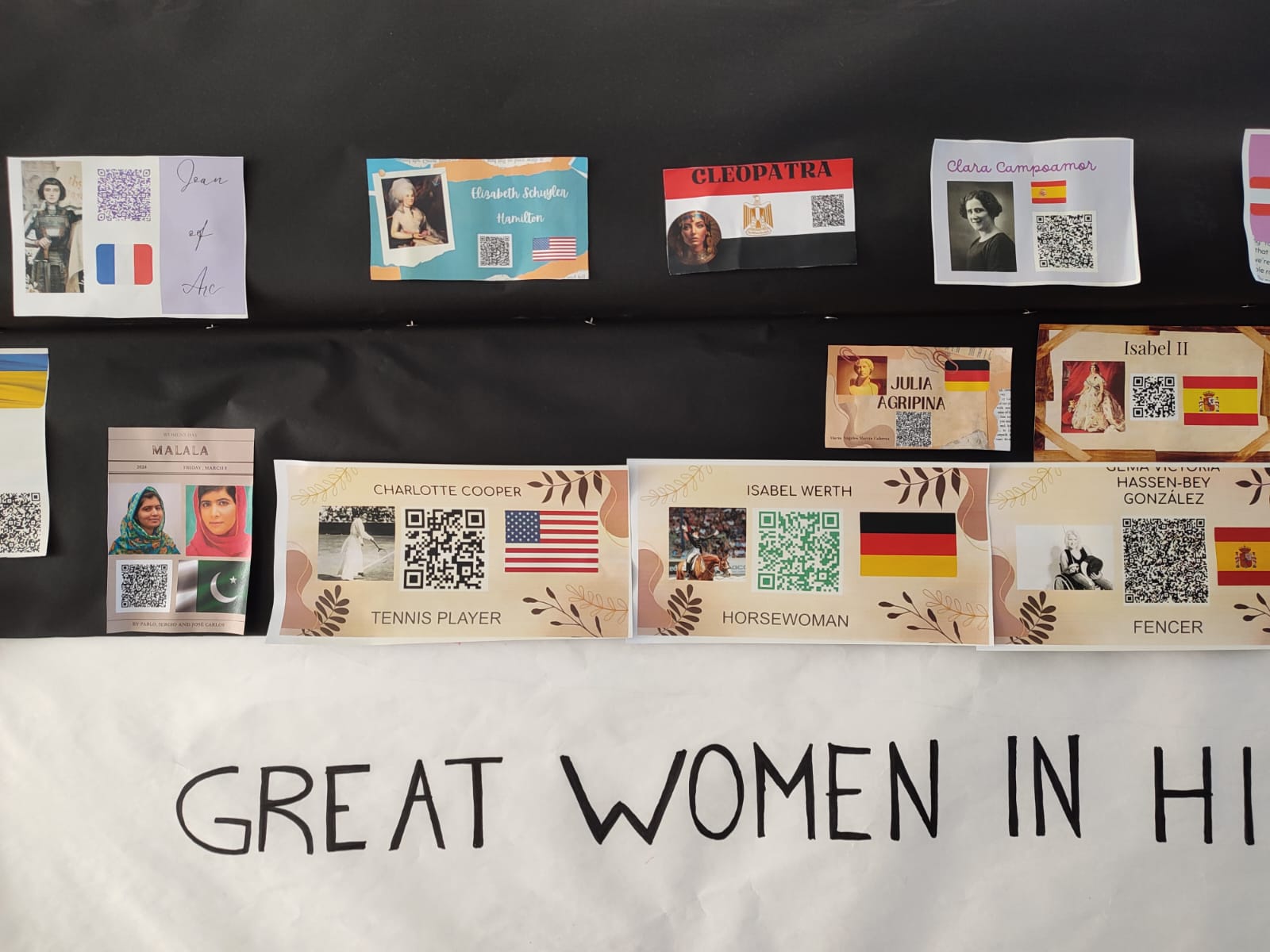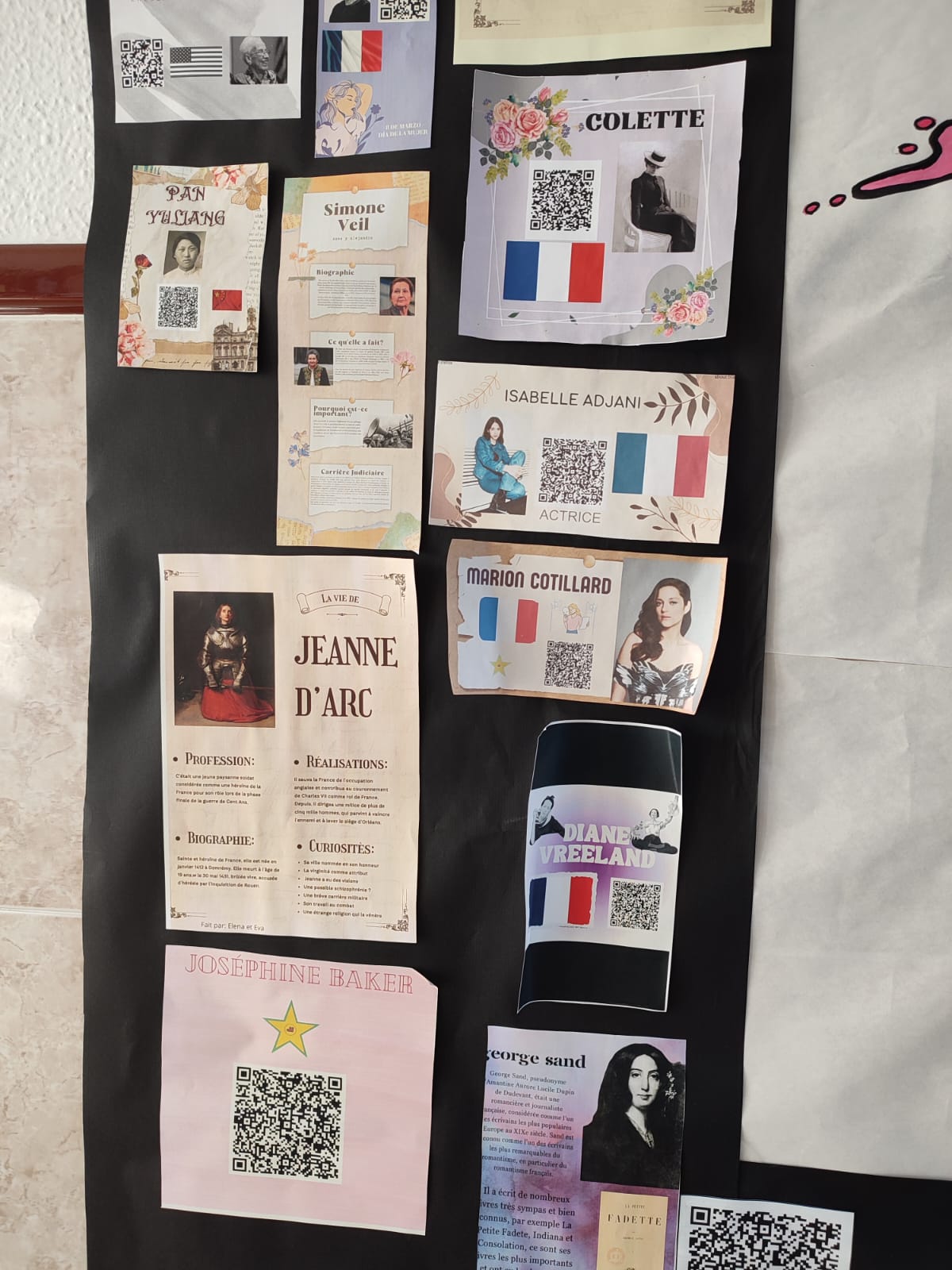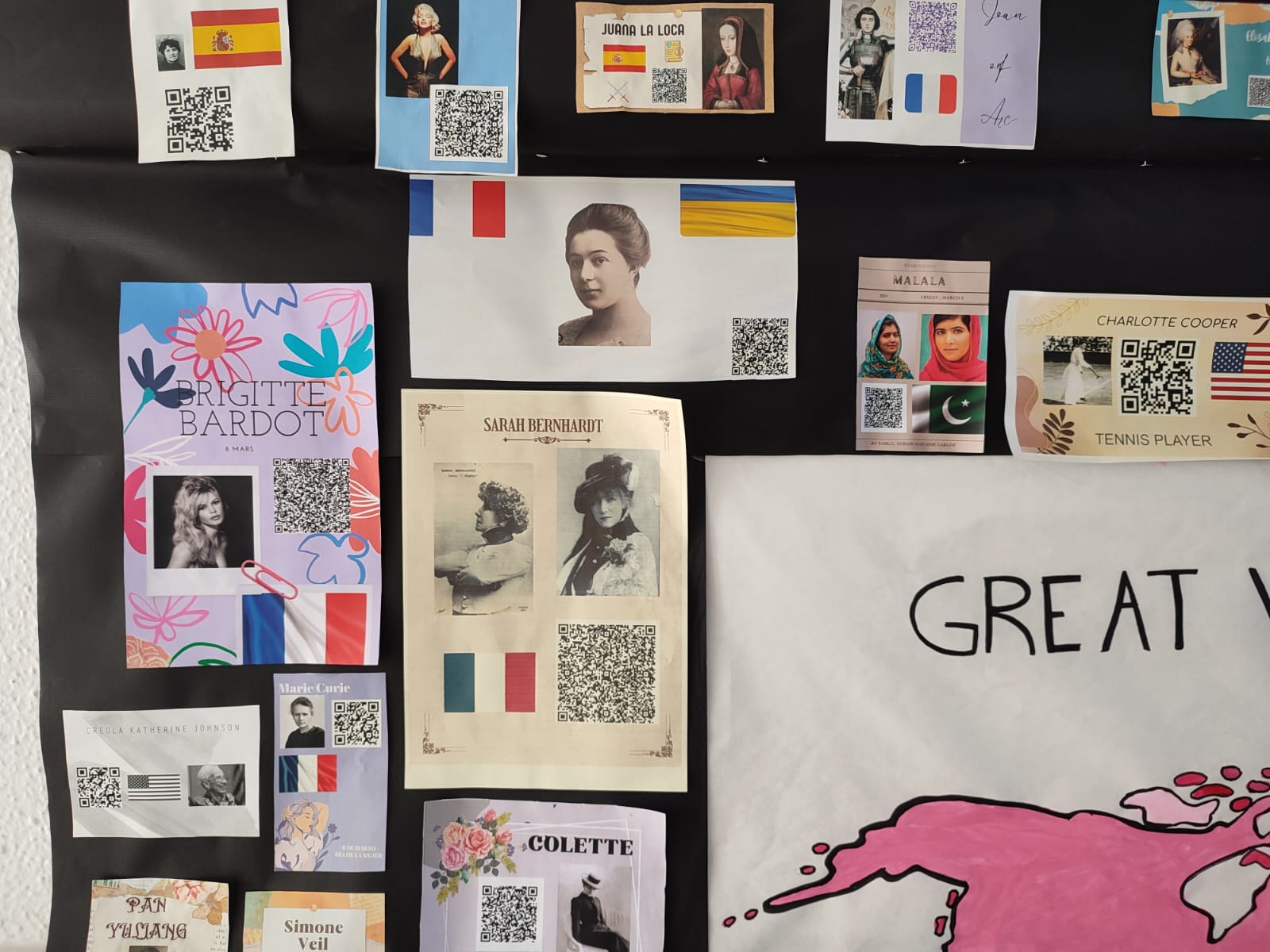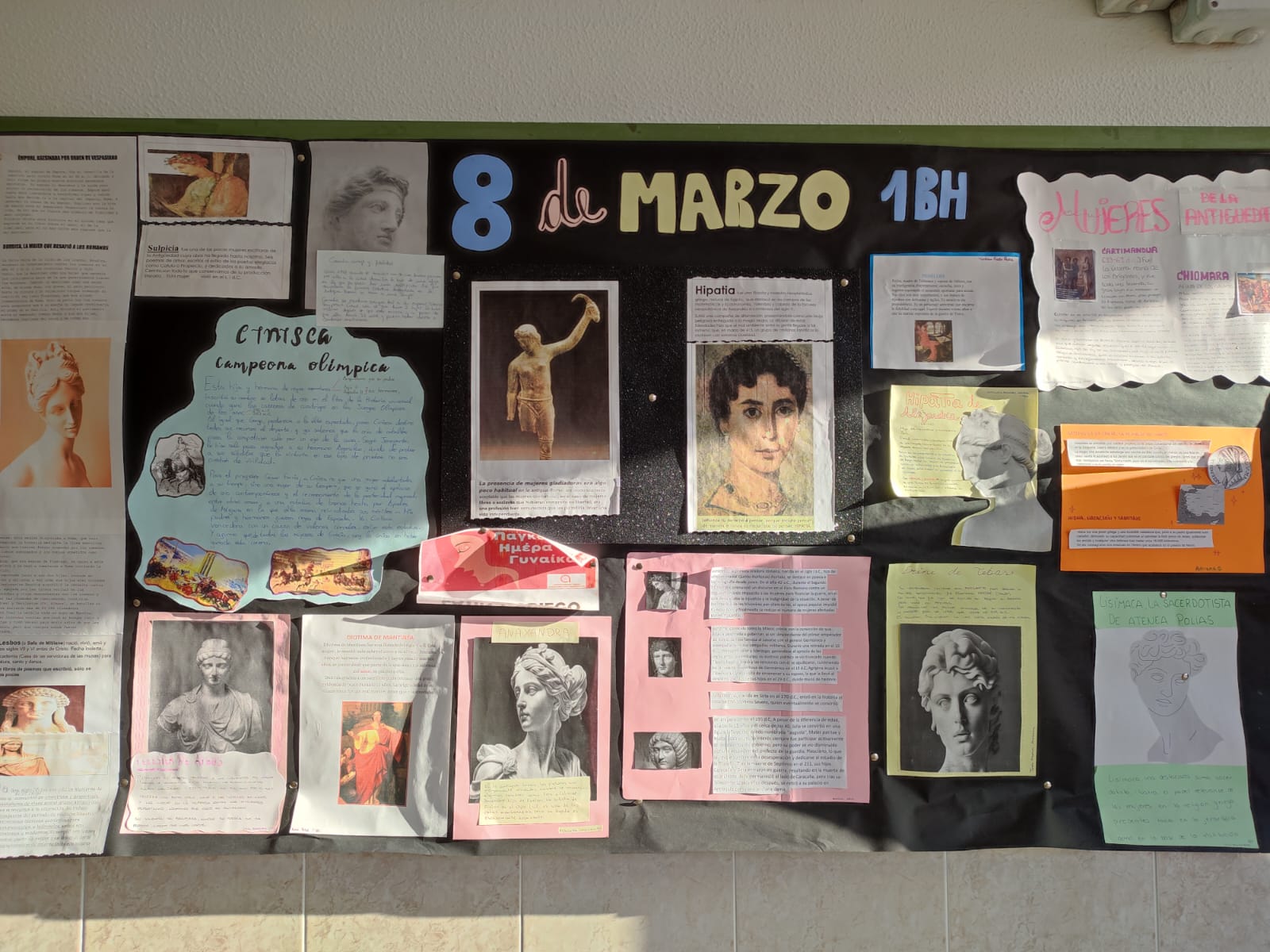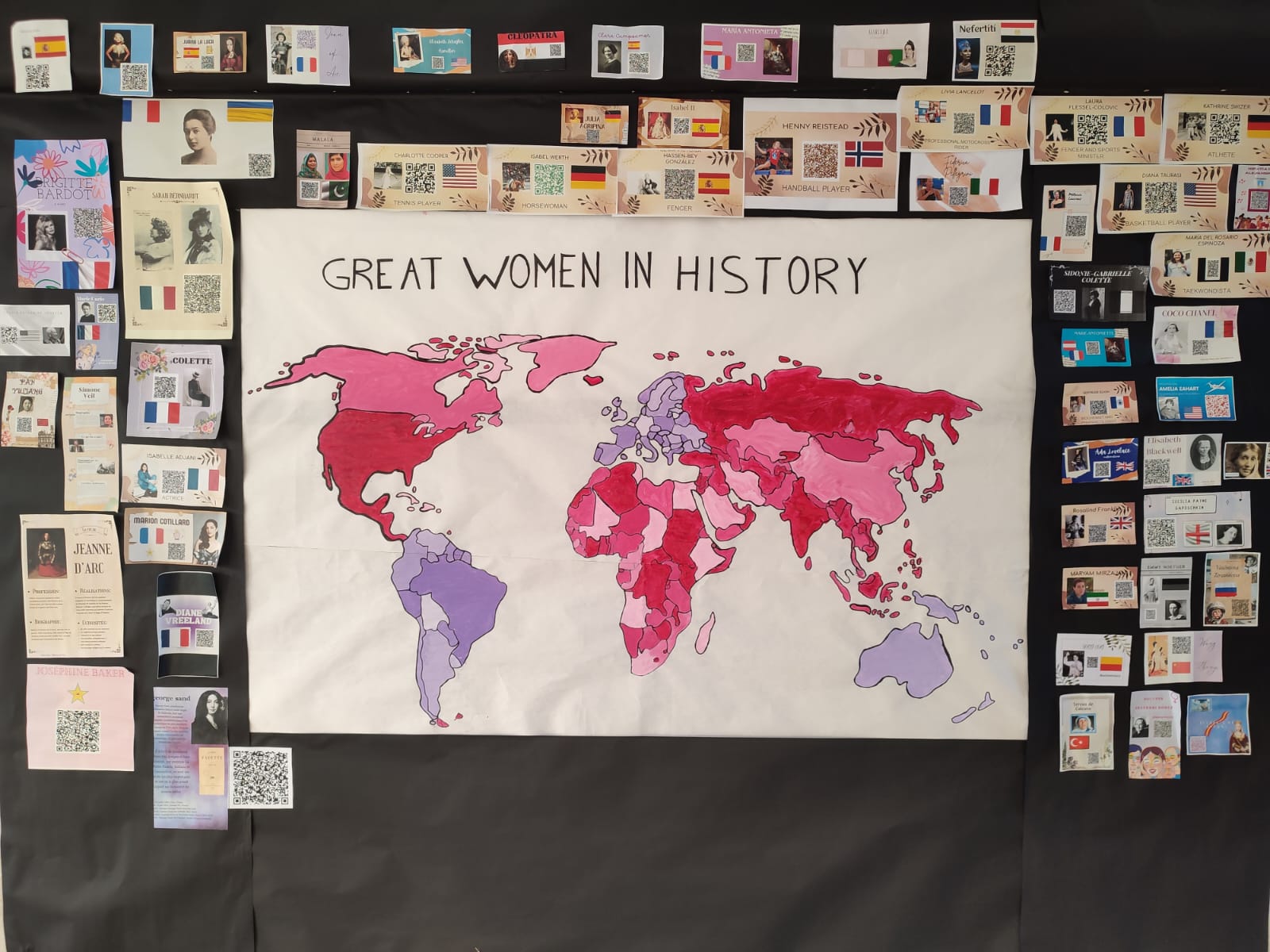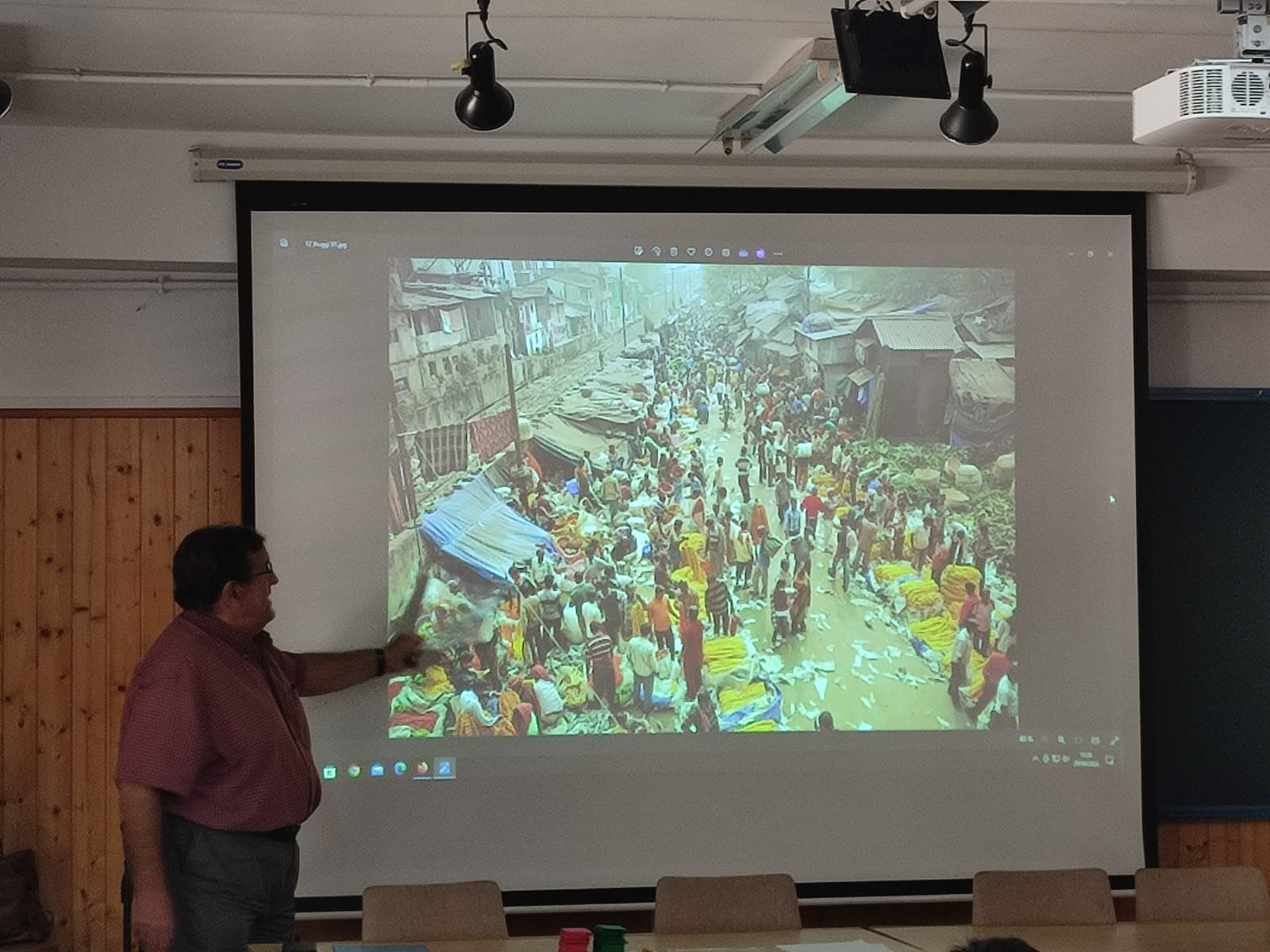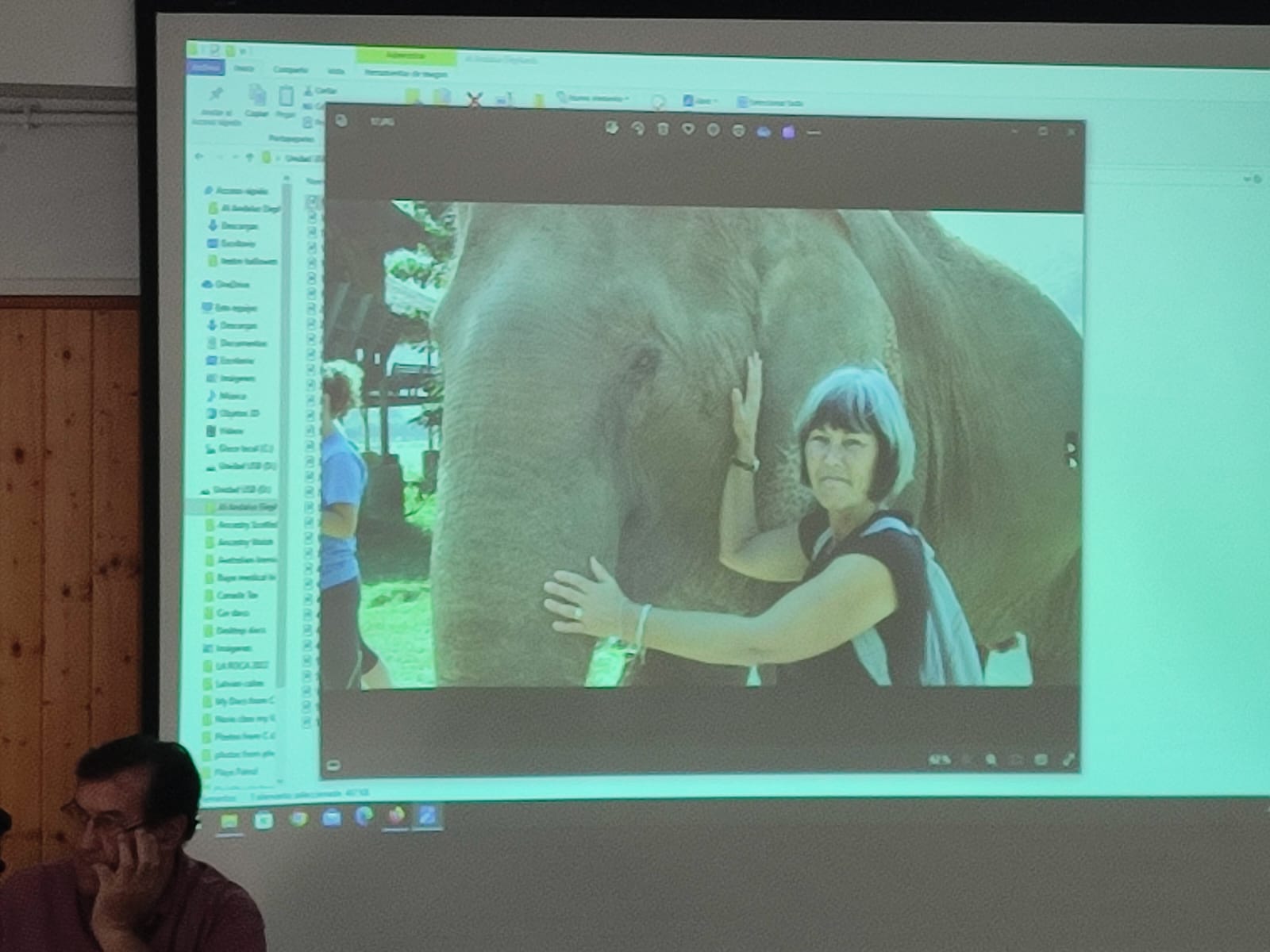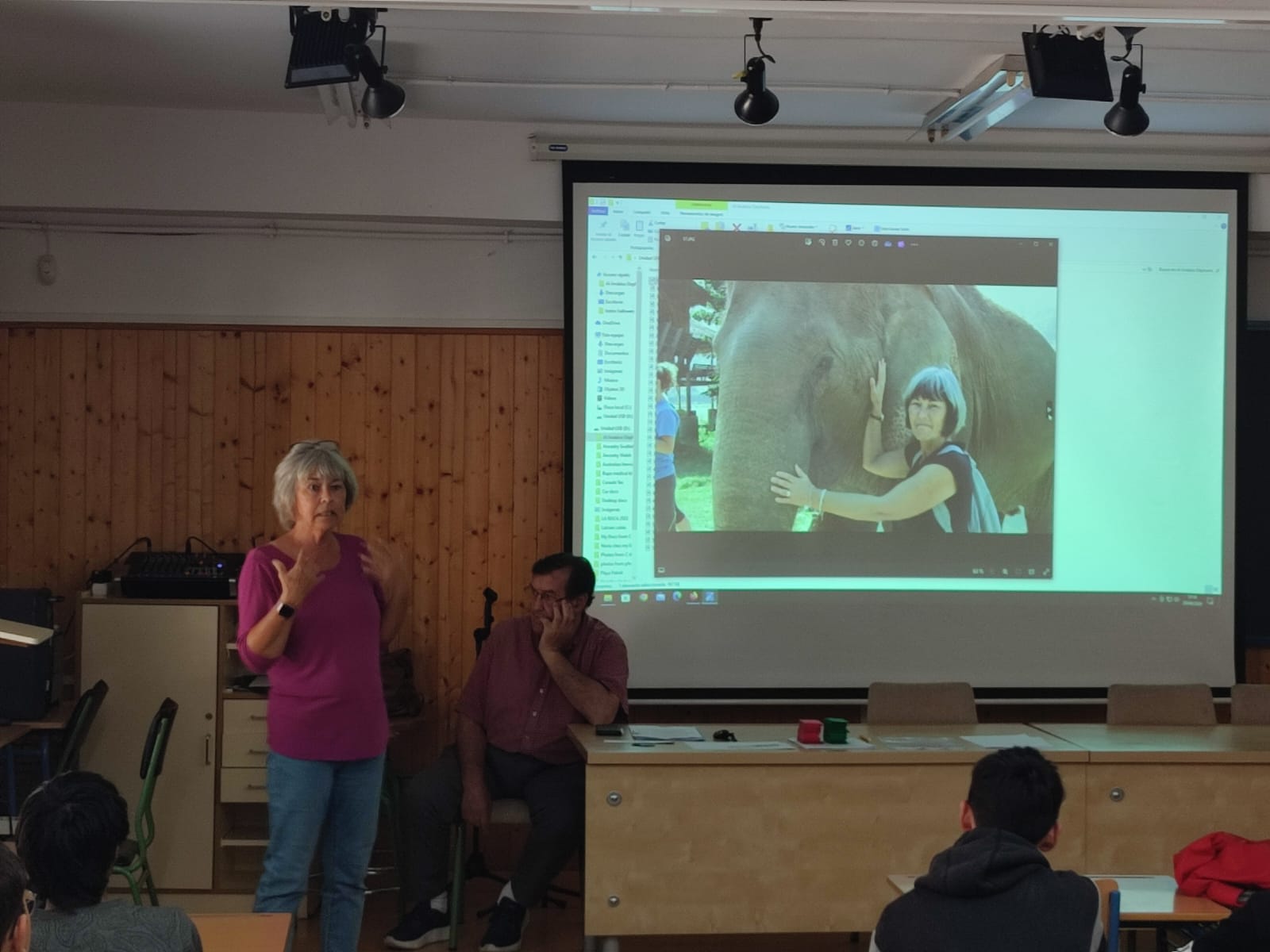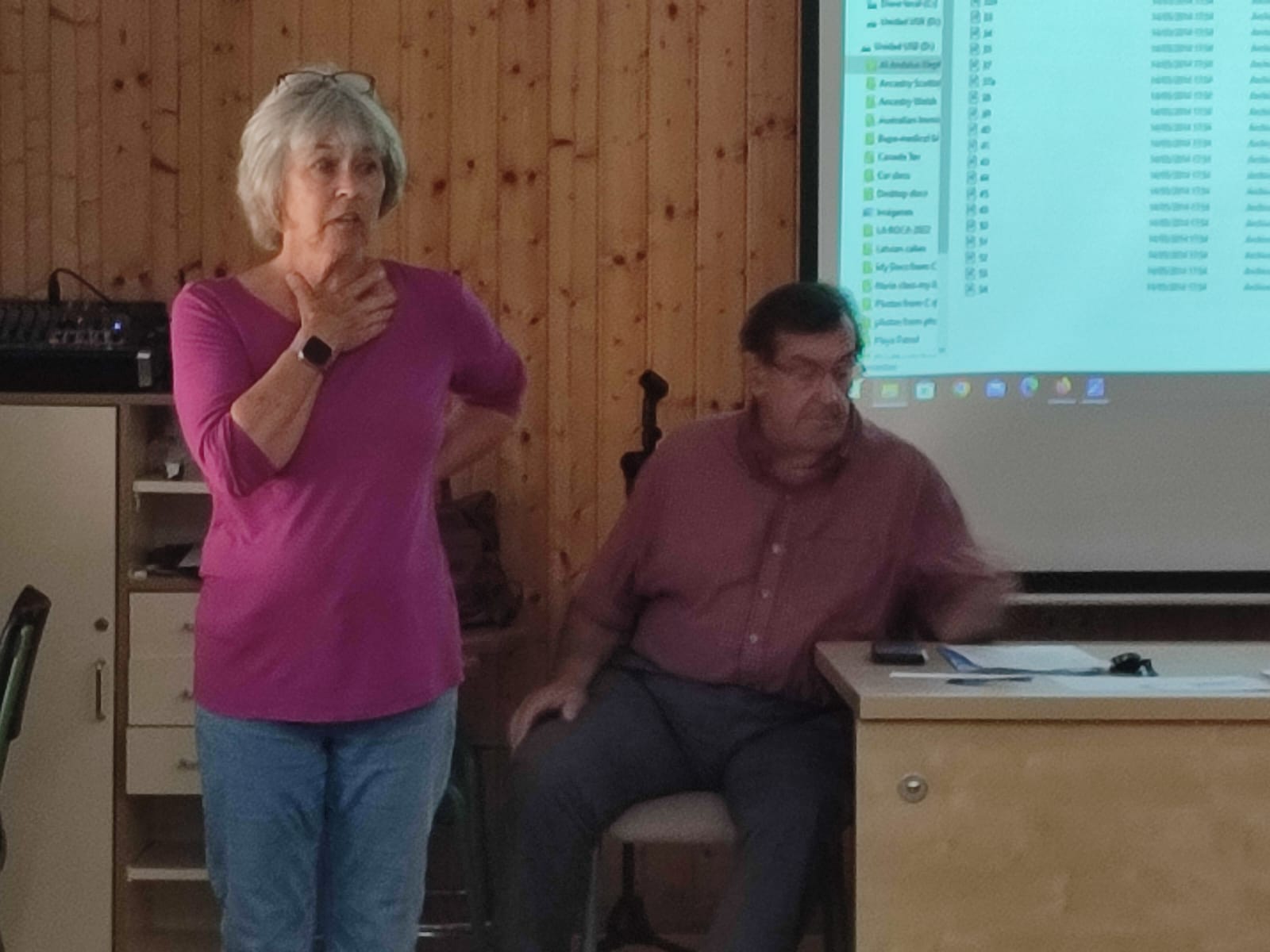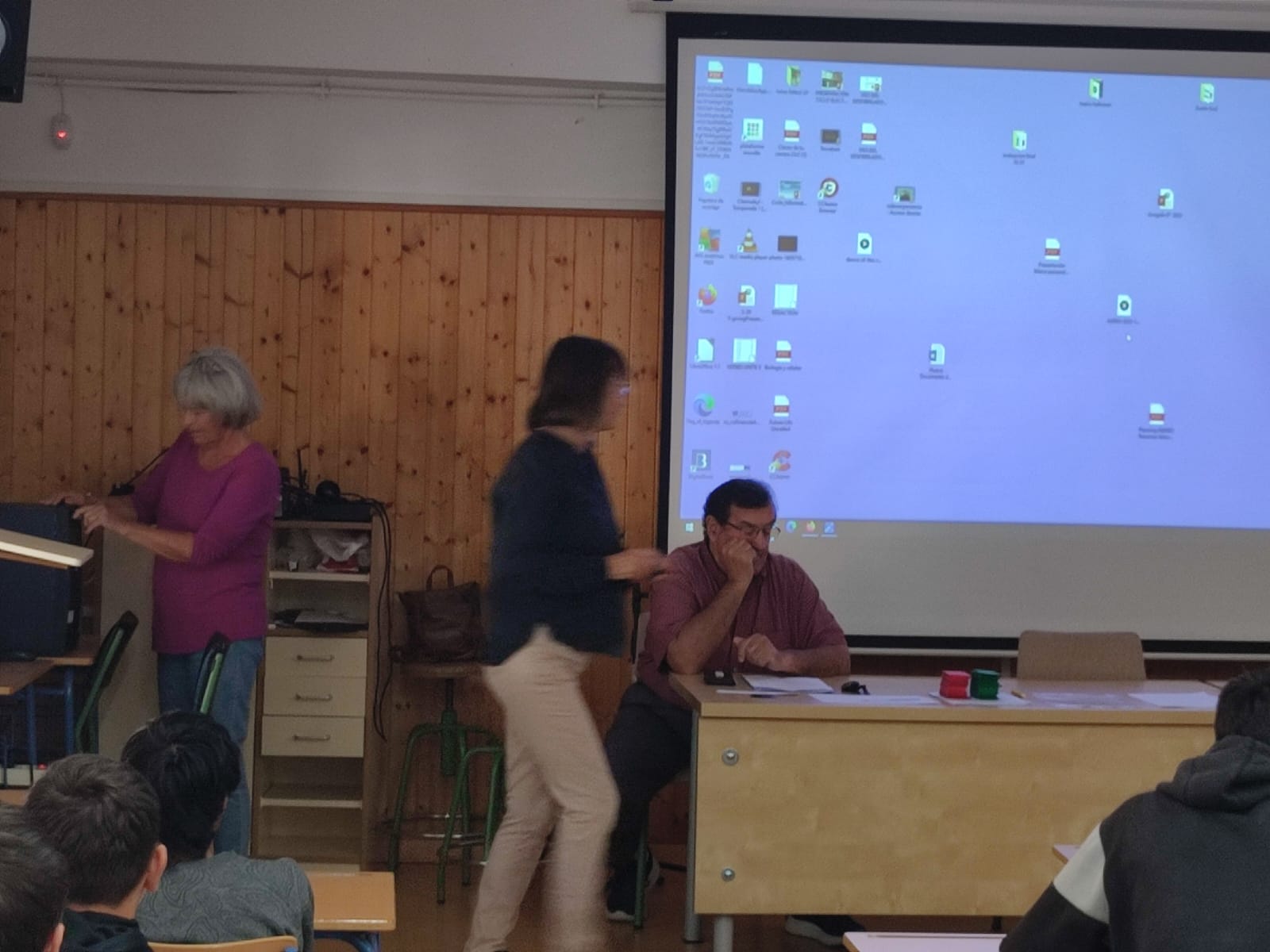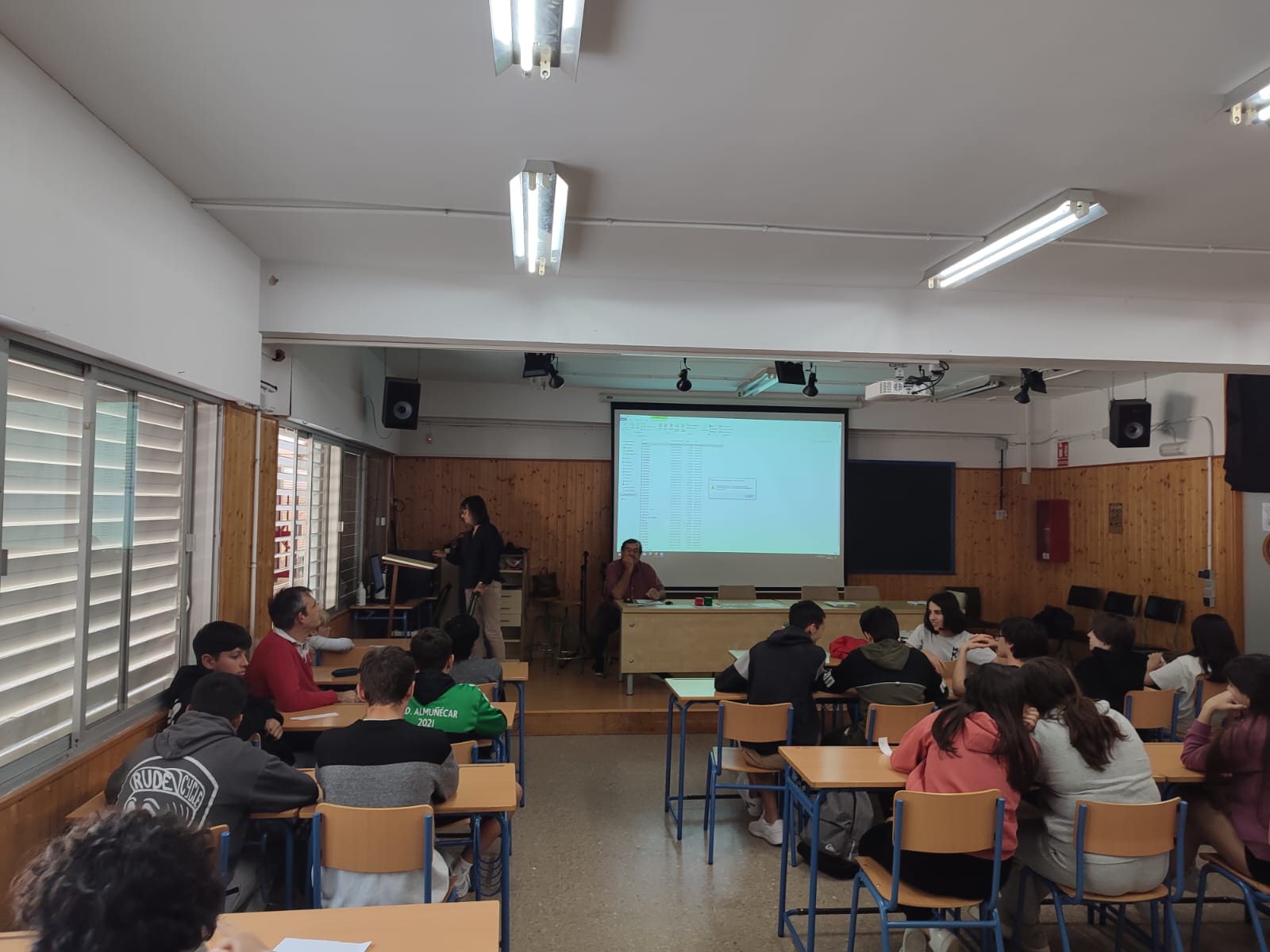Integrated projects 2023-24
- Detalles
- Visto: 231
One of the most interesting aspects of bilingualism is using projects to extend and integrate comprehensive learning as well as working as a team, trying to achieve common goals. Integrated projects help us motivate our students and find new ways to practise the foreign language in the same direction. The concept of group project work helps teachers not only facilitate learning but also improve social and communication skills. The Integrated Project Approach takes the concept a step forward and topics are approached in a holistic way enabling crosscurricular connectivity, going from cultural awareness to scientific, literary or artistic implementation, through a vehicular language, which in our case is English.
As CLIL is an approach that integrates language learning with content teaching of different subjects, its pedagogical intervention makes learning more interesting and, therefore,
Every year, we try to choose some different topics we find appropriate for our students, focusing on opening new doors to their knowledge and curiosity. This school year, we have been working on Recycling (ESO1), The Alhambra (ESO2), Healthy food and sport (ESO3) and Great women in the 20th century (ESO4).
ESO1. Recycling.
It is thought that recycling is one of the most important gestures to save our planet. In order to be successful, we have to consider many different things we can do every single day:
-Paper can be turned into art.
-Beauty is not only in brand new objects, so that reusing is an important factor to get beautiful and useful things.
-Music can lead us to understand important information about nature and how it can be spoilt.
-Using plastic can be avoided.
-Taking a shower is better than having a bath.
Final activity:
Huge wall poster with origami figures forming the word HOPE, which is what we must apply to the future of the planet.
Subjects involved:
History, Maths, Biology, Arts, PE, Music, Spanish, French and English.
Proyectos 1
IMG_2913.JPG
https://iesalandalus.es/images/noticias/2023_2024/Bilinguismo/Proyectos/1/IMG_2913.JPG
IMG_2914.JPG
https://iesalandalus.es/images/noticias/2023_2024/Bilinguismo/Proyectos/1/IMG_2914.JPG
IMG_2915.JPG
https://iesalandalus.es/images/noticias/2023_2024/Bilinguismo/Proyectos/1/IMG_2915.JPG
IMG_2916.JPG
https://iesalandalus.es/images/noticias/2023_2024/Bilinguismo/Proyectos/1/IMG_2916.JPG
IMG_2917.JPG
https://iesalandalus.es/images/noticias/2023_2024/Bilinguismo/Proyectos/1/IMG_2917.JPG
IMG_2918.JPG
https://iesalandalus.es/images/noticias/2023_2024/Bilinguismo/Proyectos/1/IMG_2918.JPG
IMG_2919.JPG
https://iesalandalus.es/images/noticias/2023_2024/Bilinguismo/Proyectos/1/IMG_2919.JPG
IMG_2929.JPG
https://iesalandalus.es/images/noticias/2023_2024/Bilinguismo/Proyectos/1/IMG_2929.JPG
Proyectos 1
IMG_2913.JPG
https://iesalandalus.es/images/noticias/2023_2024/Bilinguismo/Proyectos/1/IMG_2913.JPG
IMG_2914.JPG
https://iesalandalus.es/images/noticias/2023_2024/Bilinguismo/Proyectos/1/IMG_2914.JPG
IMG_2915.JPG
https://iesalandalus.es/images/noticias/2023_2024/Bilinguismo/Proyectos/1/IMG_2915.JPG
IMG_2916.JPG
https://iesalandalus.es/images/noticias/2023_2024/Bilinguismo/Proyectos/1/IMG_2916.JPG
IMG_2917.JPG
https://iesalandalus.es/images/noticias/2023_2024/Bilinguismo/Proyectos/1/IMG_2917.JPG
IMG_2918.JPG
https://iesalandalus.es/images/noticias/2023_2024/Bilinguismo/Proyectos/1/IMG_2918.JPG
IMG_2919.JPG
https://iesalandalus.es/images/noticias/2023_2024/Bilinguismo/Proyectos/1/IMG_2919.JPG
IMG_2929.JPG
https://iesalandalus.es/images/noticias/2023_2024/Bilinguismo/Proyectos/1/IMG_2929.JPG
ESO2. The Alhambra.
Visiting this amazing historical spot is not only going back in time to learn the History of different peoples, but the originality of using different techniques to make of this fortress a magnificent and unique masterpiece: wall and floor tiles, colours, geometry, mosaic tiles made and laid by hand, tessellation by first making many copies of the tile, using successive rotations to obtain truncated and original figures, building materials, marquetry and wood inlay, ceiling reflections in the water and water used as a reflection of paradise, poetry on the walls, music played in the Middle Ages and some other different periods, acoustics, gardening and many other different features of the civilization who made possible the recreation of heaven on earth.
Final activity: trip to the Alhambra in order tosee the monument from a different and new point of view when looking at it through newly learned information and approaches.
Subjects involved:
History, Maths, Physics and Chemistry, PE, Music, Technology, Spanish, French and English.
Proyectos 2
IMG_2920.JPG
https://iesalandalus.es/images/noticias/2023_2024/Bilinguismo/Proyectos/2/IMG_2920.JPG
IMG_2921.JPG
https://iesalandalus.es/images/noticias/2023_2024/Bilinguismo/Proyectos/2/IMG_2921.JPG
IMG_2922.JPG
https://iesalandalus.es/images/noticias/2023_2024/Bilinguismo/Proyectos/2/IMG_2922.JPG
IMG_2923.JPG
https://iesalandalus.es/images/noticias/2023_2024/Bilinguismo/Proyectos/2/IMG_2923.JPG
IMG_2924.JPG
https://iesalandalus.es/images/noticias/2023_2024/Bilinguismo/Proyectos/2/IMG_2924.JPG
IMG_2925.JPG
https://iesalandalus.es/images/noticias/2023_2024/Bilinguismo/Proyectos/2/IMG_2925.JPG
IMG_2926.JPG
https://iesalandalus.es/images/noticias/2023_2024/Bilinguismo/Proyectos/2/IMG_2926.JPG
IMG_2927.JPG
https://iesalandalus.es/images/noticias/2023_2024/Bilinguismo/Proyectos/2/IMG_2927.JPG
IMG_2928.JPG
https://iesalandalus.es/images/noticias/2023_2024/Bilinguismo/Proyectos/2/IMG_2928.JPG
Proyectos 2
IMG_2920.JPG
https://iesalandalus.es/images/noticias/2023_2024/Bilinguismo/Proyectos/2/IMG_2920.JPG
IMG_2921.JPG
https://iesalandalus.es/images/noticias/2023_2024/Bilinguismo/Proyectos/2/IMG_2921.JPG
IMG_2922.JPG
https://iesalandalus.es/images/noticias/2023_2024/Bilinguismo/Proyectos/2/IMG_2922.JPG
IMG_2923.JPG
https://iesalandalus.es/images/noticias/2023_2024/Bilinguismo/Proyectos/2/IMG_2923.JPG
IMG_2924.JPG
https://iesalandalus.es/images/noticias/2023_2024/Bilinguismo/Proyectos/2/IMG_2924.JPG
IMG_2925.JPG
https://iesalandalus.es/images/noticias/2023_2024/Bilinguismo/Proyectos/2/IMG_2925.JPG
IMG_2926.JPG
https://iesalandalus.es/images/noticias/2023_2024/Bilinguismo/Proyectos/2/IMG_2926.JPG
IMG_2927.JPG
https://iesalandalus.es/images/noticias/2023_2024/Bilinguismo/Proyectos/2/IMG_2927.JPG
IMG_2928.JPG
https://iesalandalus.es/images/noticias/2023_2024/Bilinguismo/Proyectos/2/IMG_2928.JPG
ESO3. Healthy Food and Sport.
Proportions and percentages, chemical reactions, nutrients and energy intake, the ability to reduce or get the available energy from the diet, the importance of having a good breakfast, body image, Mediterranean diet, Harvard dish, rice and tuna being exploited by big multinational companies are some of the topics we have studied and learned.
Final activity: a digital recipe book with some additional information about nutrients, chemical elements which can be found in different foods as well as food production and trade.
Subjects involved:
History, Maths, Biology, Arts, PE, Physics and Chemistry, Technology Spanish, French and English.
ESO4. Great Women in the 20th Century.
There have been great women not only in History but nowadays in different fields of everyday life: Science, Sport, Arts and all the different aspects of life. The main goal is to help our students understand that men are not the only qualified human beings that achieve success. Women and men have always been together to make the world more interesting and functional and we must accept that a better gender balance across studies and occupations could contribute to meeting future skills. Although women haven’t been allowed to take part in certain fields all through History, we must reveal the essential role they have played in our society in order to place them in the real position they deserve in our society.
Final activity: big world map to be placed on the school wall with the images, names, origin and field in which different women have succeeded. A QR code which contains information about their lives has been added.
Subjects involved:
History, Maths, PE, Latin, Spanish, French and English.
Proyectos 4
IMG_2930.JPG
https://iesalandalus.es/images/noticias/2023_2024/Bilinguismo/Proyectos/4/IMG_2930.JPG
IMG_2931.JPG
https://iesalandalus.es/images/noticias/2023_2024/Bilinguismo/Proyectos/4/IMG_2931.JPG
IMG_2932.JPG
https://iesalandalus.es/images/noticias/2023_2024/Bilinguismo/Proyectos/4/IMG_2932.JPG
IMG_2933.JPG
https://iesalandalus.es/images/noticias/2023_2024/Bilinguismo/Proyectos/4/IMG_2933.JPG
IMG_2934.JPG
https://iesalandalus.es/images/noticias/2023_2024/Bilinguismo/Proyectos/4/IMG_2934.JPG
IMG_2935.JPG
https://iesalandalus.es/images/noticias/2023_2024/Bilinguismo/Proyectos/4/IMG_2935.JPG
IMG_2936.JPG
https://iesalandalus.es/images/noticias/2023_2024/Bilinguismo/Proyectos/4/IMG_2936.JPG
IMG_2937.JPG
https://iesalandalus.es/images/noticias/2023_2024/Bilinguismo/Proyectos/4/IMG_2937.JPG
Proyectos 4
IMG_2930.JPG
https://iesalandalus.es/images/noticias/2023_2024/Bilinguismo/Proyectos/4/IMG_2930.JPG
IMG_2931.JPG
https://iesalandalus.es/images/noticias/2023_2024/Bilinguismo/Proyectos/4/IMG_2931.JPG
IMG_2932.JPG
https://iesalandalus.es/images/noticias/2023_2024/Bilinguismo/Proyectos/4/IMG_2932.JPG
IMG_2933.JPG
https://iesalandalus.es/images/noticias/2023_2024/Bilinguismo/Proyectos/4/IMG_2933.JPG
IMG_2934.JPG
https://iesalandalus.es/images/noticias/2023_2024/Bilinguismo/Proyectos/4/IMG_2934.JPG
IMG_2935.JPG
https://iesalandalus.es/images/noticias/2023_2024/Bilinguismo/Proyectos/4/IMG_2935.JPG
IMG_2936.JPG
https://iesalandalus.es/images/noticias/2023_2024/Bilinguismo/Proyectos/4/IMG_2936.JPG
IMG_2937.JPG
https://iesalandalus.es/images/noticias/2023_2024/Bilinguismo/Proyectos/4/IMG_2937.JPG
Working with native English speakers at IES Al-Ándalus 2023-24
- Detalles
- Visto: 252
Voluntarios IMG_2907.JPG https://iesalandalus.es/images/noticias/2023_2024/Bilinguismo/Voluntarios/IMG_2907.JPG IMG_2908.JPG https://iesalandalus.es/images/noticias/2023_2024/Bilinguismo/Voluntarios/IMG_2908.JPG IMG_2909.JPG https://iesalandalus.es/images/noticias/2023_2024/Bilinguismo/Voluntarios/IMG_2909.JPG IMG_2910.JPG https://iesalandalus.es/images/noticias/2023_2024/Bilinguismo/Voluntarios/IMG_2910.JPG IMG_2911.JPG https://iesalandalus.es/images/noticias/2023_2024/Bilinguismo/Voluntarios/IMG_2911.JPG IMG_2912.JPG https://iesalandalus.es/images/noticias/2023_2024/Bilinguismo/Voluntarios/IMG_2912.JPG
The English language is diverse. There’s , American English, Canadian English, Australian English, to name a few. Even within these general accents, there are many other particular ones.
If our English listening skills are up to par, it can help us figure out what the speaker is saying, even if it is an unfamiliar accent or dialect. But for this, talking to people from different countries is necessary.
Being in Almuñécar gives us the chance to work with some native English speakers and bring them to our school for our students to practise English with them. Listening to different English accents is always positive. The key to understanding different accents involves listening carefully to their unique tone and pronunciation, which will open many doors whenever they travel to different countries and continents.
Volunteers support our classes as classroom assistants and supplement formal provision through creative extras like conversation and cultural information support. Every year, we organise activities with some of the English speakers who live in Almuñécar. They help our students get to know their different cultures and other interesting aspects which make them different. By comparing cultures, customs and traditions, students learn that there are many other different ways of living which are as good and useful as ours. Understanding that different meals, times and habits are also possible opens our students’ hearts and minds to the world.
This school year, some activities have been carried out, showing our students different aspects of countries and experiences lived by some of our volunteers. Not only talks have been developed, but games and contests too.
VISITA AL INSTITUTO THE QUEEN KATHERINE SCHOOL DE KENDAL (REINO UNIDO) JOBSHADOWING.
- Detalles
- Visto: 8700
|
Dentro del sistema de Programas Educativos Europeos Erasmus+, concedidos por la Comisión Europea, nuestro centro elaboró el curso pasado un proyecto KA1 que se concedió en junio, y que va enfocado a mejorar la inclusión de alumnado con Necesidades Educativas Especiales y problemas de atención o de aprendizaje en general. El Programa consistía en dos actividades principales: un curso en Holanda, ya realizado por dos de nuestros compañeros, y un Jobshadowing, que consiste en una inmersión del profesorado de un centro en las clases y actividades de otro centro, con el fin de observar y ser testigos directamente de las técnicas y estrategias metodológicas y didácticas enfocadas a la mejora del aprendizaje. En este caso nos hemos sumergido en el sistema educativo británico para observar cómo enfoca la inclusión dentro de sus aulas. Maria Belén Rosales, Técnica de Integración Social, y Francisco Martínez, profesor de Inglés del IES Al-Ándalus de Almuñécar, hemos visitado este instituto durante una semana y nos hemos metido en sus aulas para aprender observando, al mismo tiempo que hemos recibido información por parte de los distintos profesionales que forman parte del equipo educativo (profesores, mentores, dirección, asistentes educativos, etc). De igual modo hemos cubierto un segundo aspecto que también nos interesa como centro bilingüe que somos: la inmersión en el idioma. The Queen Katherine School de Kendal, en la región de Cumbria, es un instituto cuyo departamento de Necesidades Educativas Especiales es reconocido en Inglaterra, según los informes de la Inspección Educativa británica. Hemos elegido este centro precisamente por esta razón, ya que lo conocíamos de una visita anterior, en 2013, en la que intentamos establecer vínculos entre los dos centros. La Jefa de Departamento, Erika Reynolds, nos ha facilitado la visita y ha hecho posible que hayamos asistido a todas las clases posibles, y que se nos haya proporcionado toda la información que hemos requerido de todos los estamentos del centro. Con esta experiencia, tratamos de hacer extensible al resto del centro estrategias, técnicas y metodologías adecuadas que hacen que la inclusión funcione de una manera especialmente buena en este instituto del Reino Unido. Queremos aprender de este tipo de experiencias y mejorar la enseñanza que impartimos a nuestro alumnado para que se produzca la mayor inclusión e igualdad de oportunidades posibles en un instituto público en donde, como en los demás, las necesidades de aprendizaje son muy variadas. Todo lo que hemos aprendido será comunicado y presentado al resto del profesorado, con el fin de poner en práctica todo lo que pueda aplicarse para mejorar nuestro enfoque educativo en la enseñanza que llevamos a cabo en nuestro centro. |
Last school year, our school applied for funding to spend a period of time in a school from a different country and we were granted the project under the so-called Key Action1. Key Actions is the collective name for activities and projects that can be funded under Erasmus+. Key Action1 (KA1) is all about providing opportunities for individuals to improve their skills, enhance their employability and gain cultural awareness. Organisations can apply for funding to run mobility projects which enable organisations to offer structured study, work experience, job shadowing, training and teaching opportunities to staff and learners. Schools or other beneficiaries are able to spend a period of time in another participating country, gaining valuable experience of life, study and work, with the aim of increasing the opportunities available to them in the future. Our KA1 project consists of two different activities related to inclusion: a course in Holland, attended by two of our colleagues in September, and job shadowing. María Belén Rosales, Social Integration Technical Specialist and Francisco Martínez, teacher of English at IES Al-Ándalus in Almuñécar, have visited The Queen Katherine School in Kendal, UK, for a week and have attended many of their lessons to see and learn how Special Needs Students are taught in that school. The QKS of Kendal, Cumbria, is a school we visited it in 2013 in order to set up a link between our schools. Its Special Educational Needs Department was considered to be very good according to the Ofsted inspection. And this is why we chose to visit it again as we wanted to learn from them. Eryka Reynolds, Special Educational Needs Co-ordinator (SENCO), has made our visit possible and has given us all the information about support work for which we asked. With this experience, we aim to demonstrate to the rest of the staff at IES Al-Ándalus, the way they could work to achieve better results. This visit has enabled us to learn some new methodological and didactic strategies and techniques used at that school. We want to apply some of these in our school, if possible. We want to learn as much as possible from other successful schools and try to improve our teaching methods. The main goal is to provide our school with the best inclusion methods and equal opportunities. However, we must first study this information and then put it into practice as long as we come to the conclusion that it is appropriate to us. We have focused on lessons set up for students with additional needs and some general lessons with needy students in them. We have been given examples of the work they do and have done, and how they monitor results and plan interventions. We have also visited the languages department and learned how they motivate “hard to reach” students and we have been shown how teachers communicate information and support plans for students.
We have met students with needs including: |
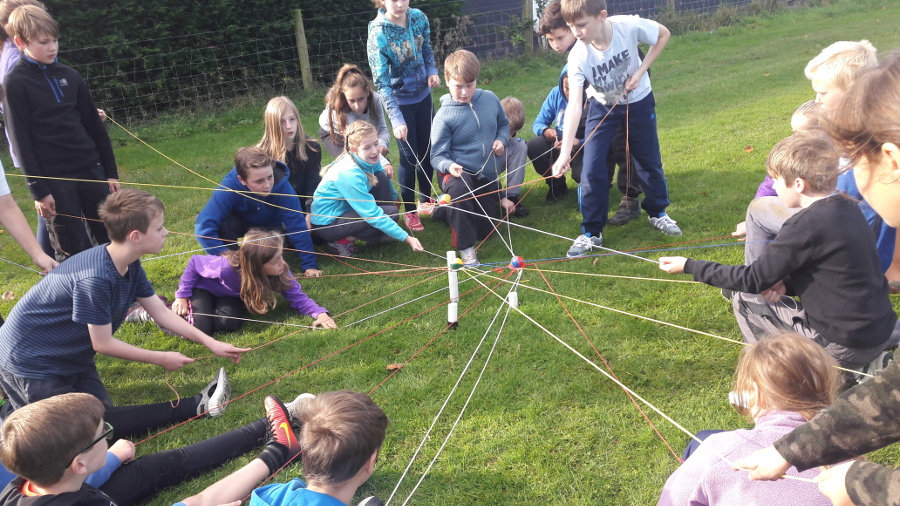
|

|

|
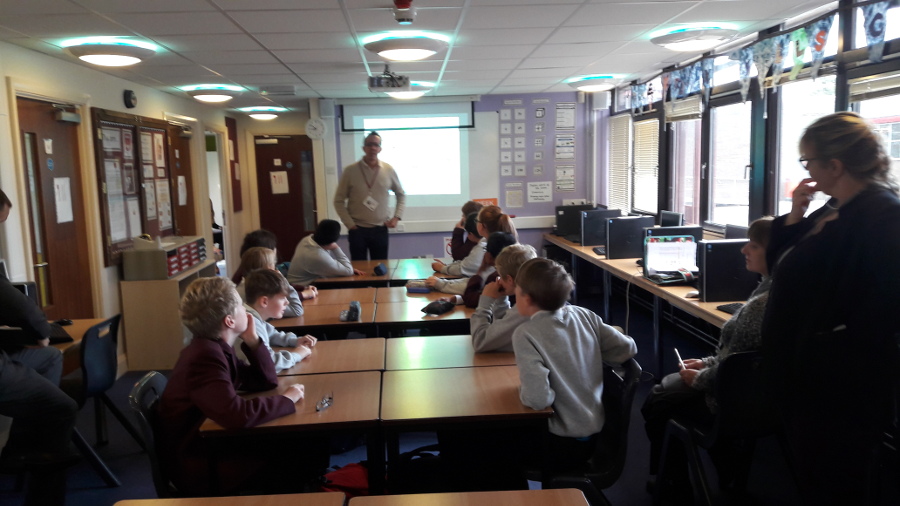
|
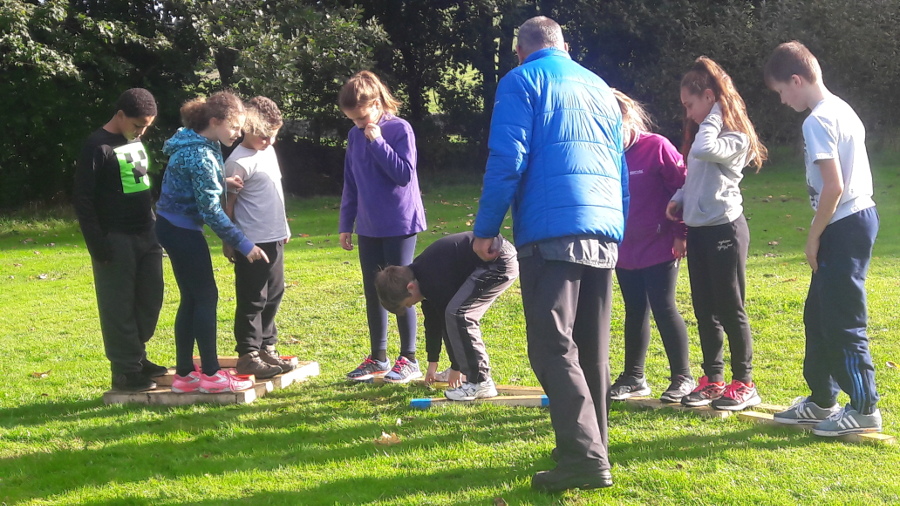
|

|
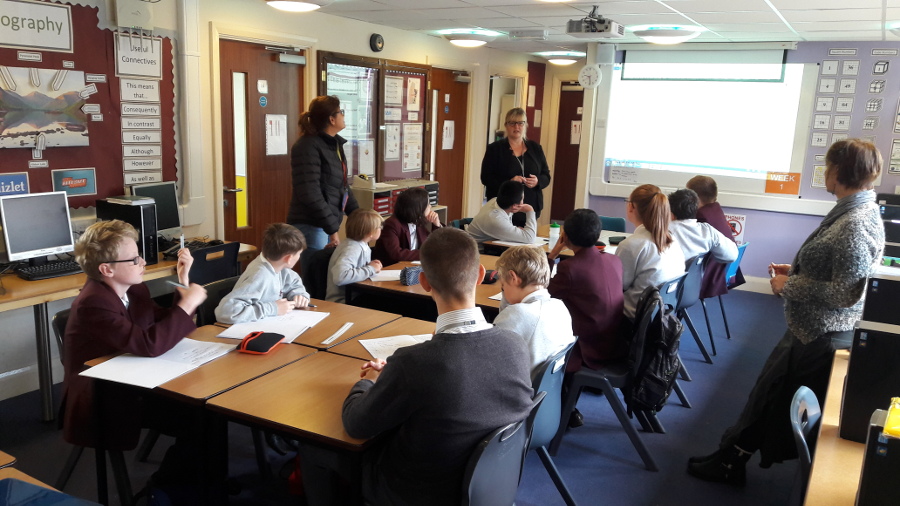
|
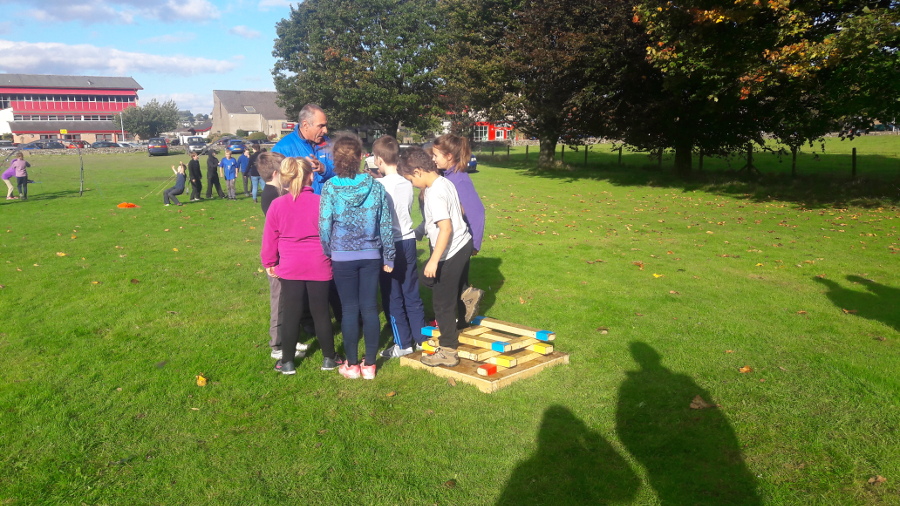
|
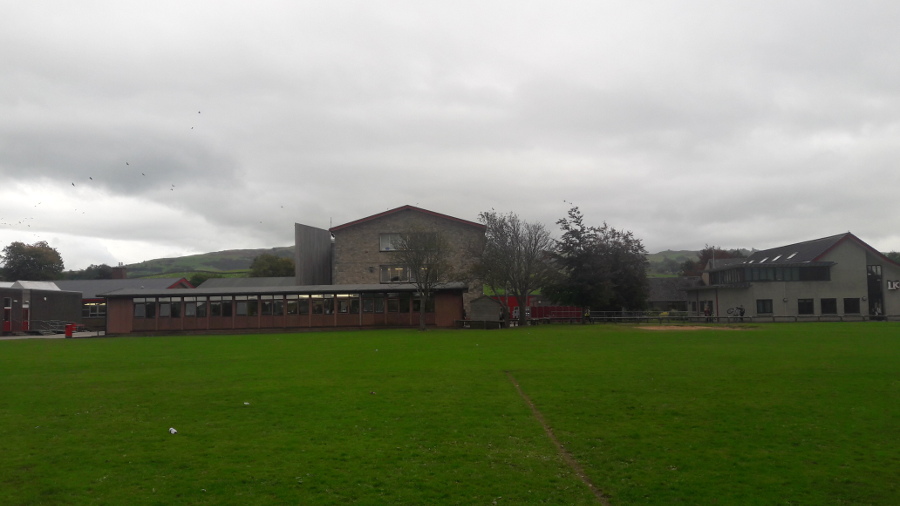
|
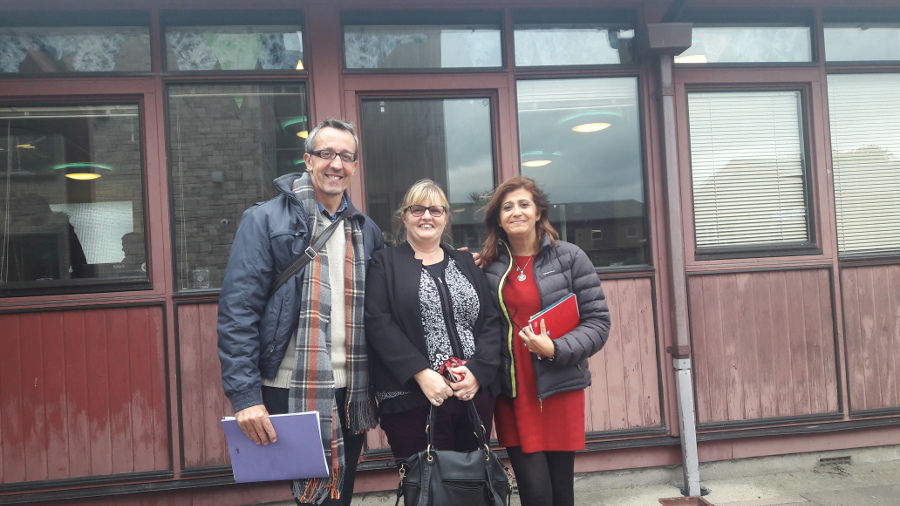
|
CURSO EN DUBLÍN (COURSE IN DUBLIN)
- Detalles
- Visto: 17765
|
Durante la semana del 28 de febrero al 6 de marzo, las profesoras Mª Carmen Díaz (Historia) e Isabel Quirós (Música) asistieron al curso CLIL in Dublin: Content and Language Integrated Learning, celebrado en la capital irlandesa. Los objetivos del curso eran diversos, por una parte, mejorar el nivel de inglés de ambas docentes, en un segundo lugar, tener un mayor y mejor conocimiento de la metodología AICLE (Aprendizaje Integrado de Contenidos y Lenguas Extranjeras) Por otra parte, se perseguía una inmersión en el sistema educativo irlandés, así como en su cultura y patrimonio. Finalmente, se trataba de intercambiar experiencias con otros docentes europeos, y establecer vínculos que permitan futuros contactos y proyectos con otros centros educativos europeos. El curso se desarrollaba en torno a tres ejes: Charlas sobre diversos contenidos relacionados con la metodología AICLE, talleres de trabajo y proyectos de campo. En una sesión final los participantes mostraron sus respectivos portfolios, se realizó la correspondiente evaluación del curso y se hicieron sugerencias sobre como difundir todas las experiencias. |
Mª Carmen Díaz (History) and Isabel Quirós (Music), teachers at IES Al-Ándalus (Almuñécar) attended a one-week course in Dublin from February 28th to March 6th: CLIL in Dublin: Content and Language Integrated Learning, held in the Irish capital. |
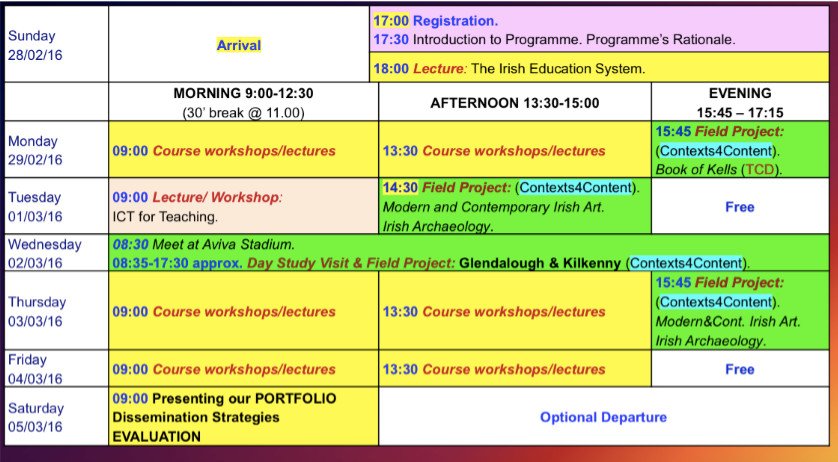
|
En cuanto a las medidas adoptadas tras el curso para diseminar las diversas actuaciones, se ha informado al equipo directivo, a los miembros del equipo bilingüe en la reunión de coordinación de bilingüismo, así como al ETCP. Se han trasladado los materiales proporcionados por la organización receptora a los componentes del equipo de profesores bilingüe y está prevista su difusión al resto del profesorado. Se ha realizado una pequeña presentación para los alumnos que ha dado pié a las profesoras para hablar de sus vivencias culturales y artísticas en Dublín. La propia publicación de esta reseña en la página web del instituto contribuye a dar visibilidad a cuantas actuaciones se han realizado en torno al proyecto realizado. Como consecuencia de la experiencia se ha establecido contacto con el socio coordinador de un proyecto KA219, International Knowledge Fair. Sharing Good Teaching Practices, en el que están implicados centros de cinco países diferentes y al que nos hemos incorporado. |
The following measures have been adopted to disseminate the different information acquired in the course: the School Management Team has been informed as well as the different members of the Bilingual Team. They have all been provided with the material delivered by the receiving organisation, and dissemination to the rest of the teachers is already taking place. |
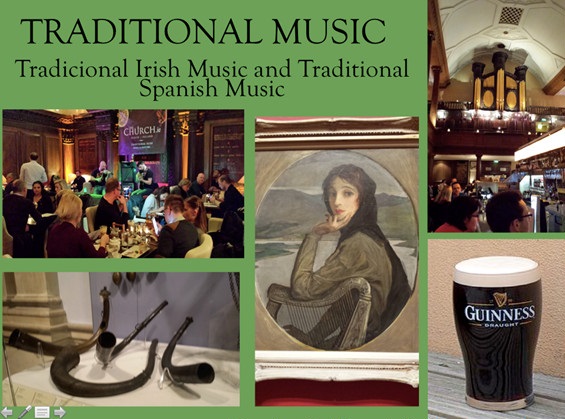
Primera diapositiva de la presentación elaborada para los alumnos
|
Como conclusión solo decir que el proceso de enseñanza-aprendizaje, nos guste o no, está cambiando. Los idiomas, la internacionalización, la inclusión, las nuevas metodologías, el uso de las TIC…son términos y expresiones con los que debemos familiarizarnos si queremos formar a nuestros alumnos para el mundo que se perfila. Encuentros y cursos como el realizado ayudan a abrir la mente, compartir, comparar y contrastar, para finalmente quedarnos con aquello que consideremos más apropiado para nuestro contexto y cultura. |
In conclusion, the teaching-learning process is changing, whether we like it or not.Languages, internationalization, inclusion, new methodologies, the role of ICT in teaching English are new concepts and expressions which we must get used to if we want our students to be part of the new technological society, which is already a fact. Experiences and courses like the one we have just attended, help teachers open their minds, share experiences, compare education systems and different ways of teaching to finally take advantage of the most appropriate concepts and techniques to be applied to our own cultural context. |
Isabel Clara Quirós León
Profesora de Música del IES Al-Ándalus (High School Al-Ándalus Music Teacher)
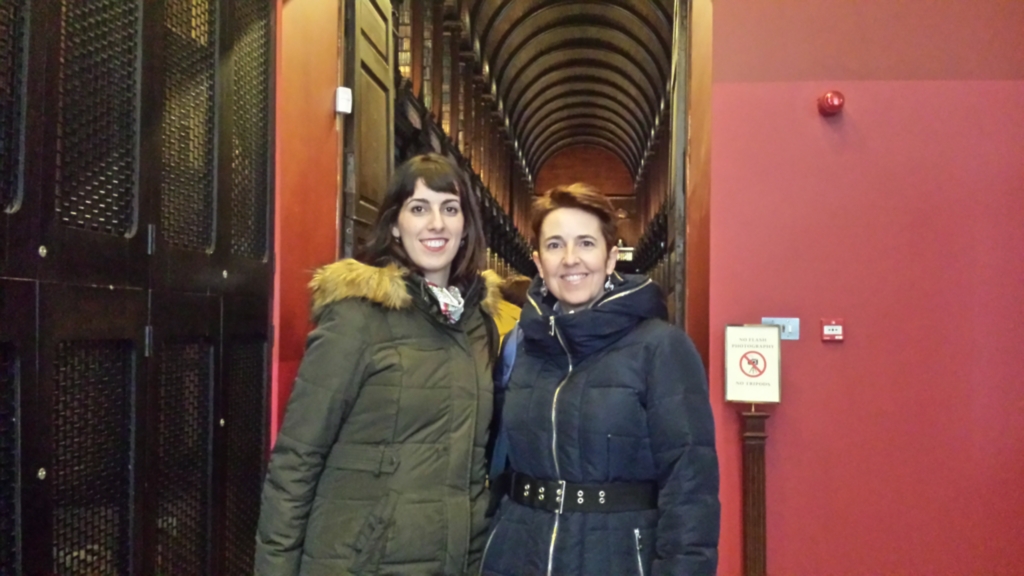
|
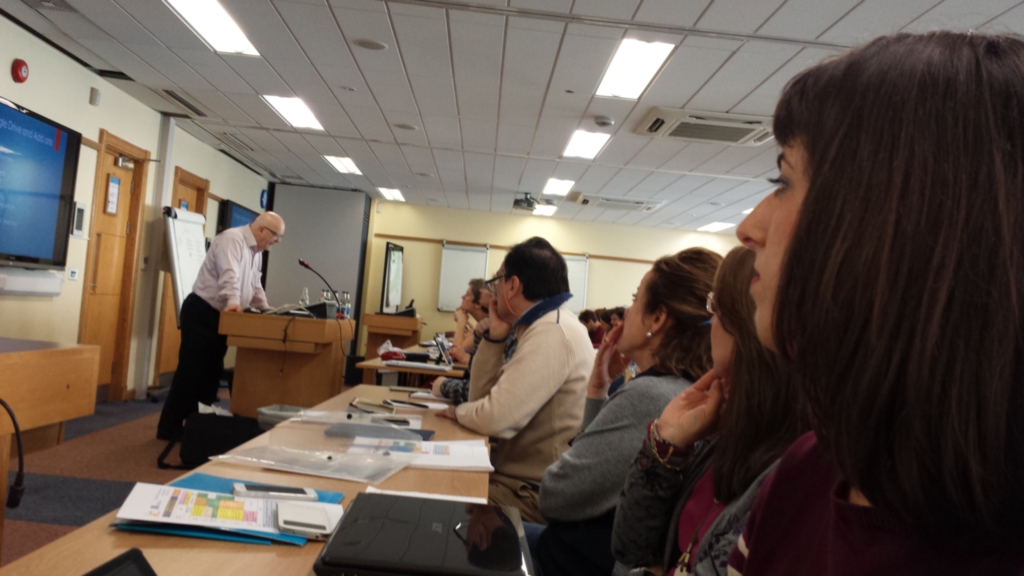
|
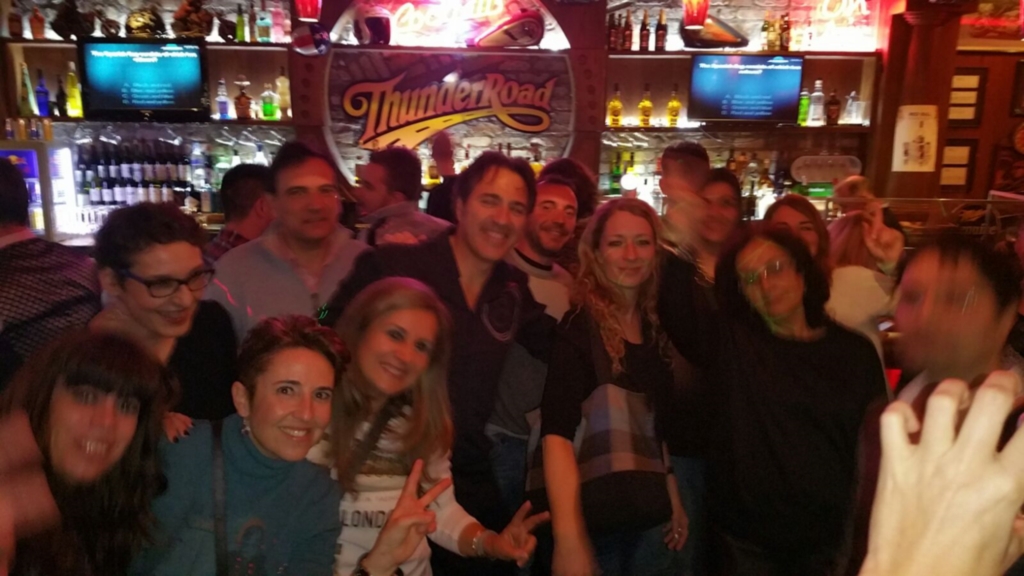
|
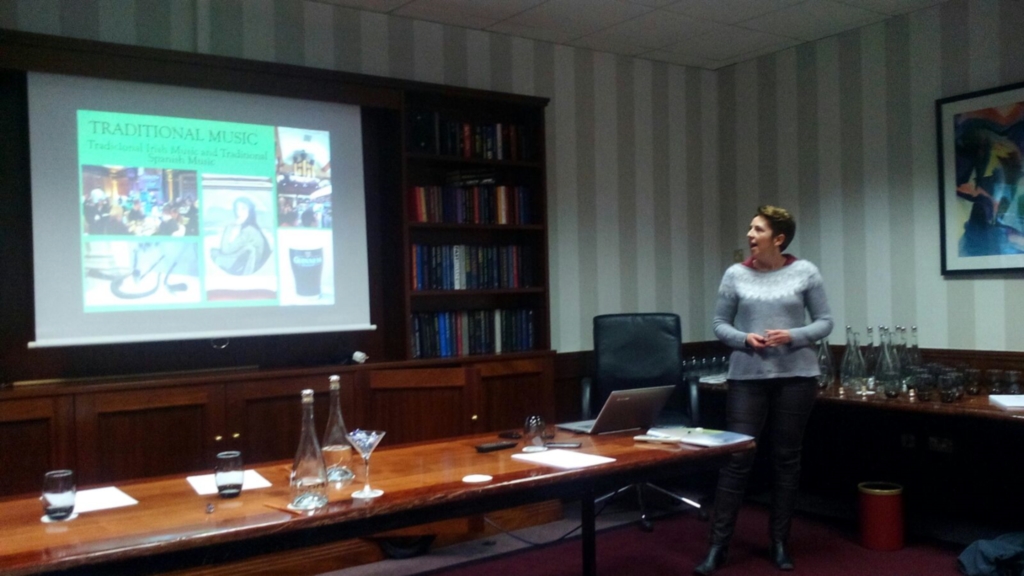
|
